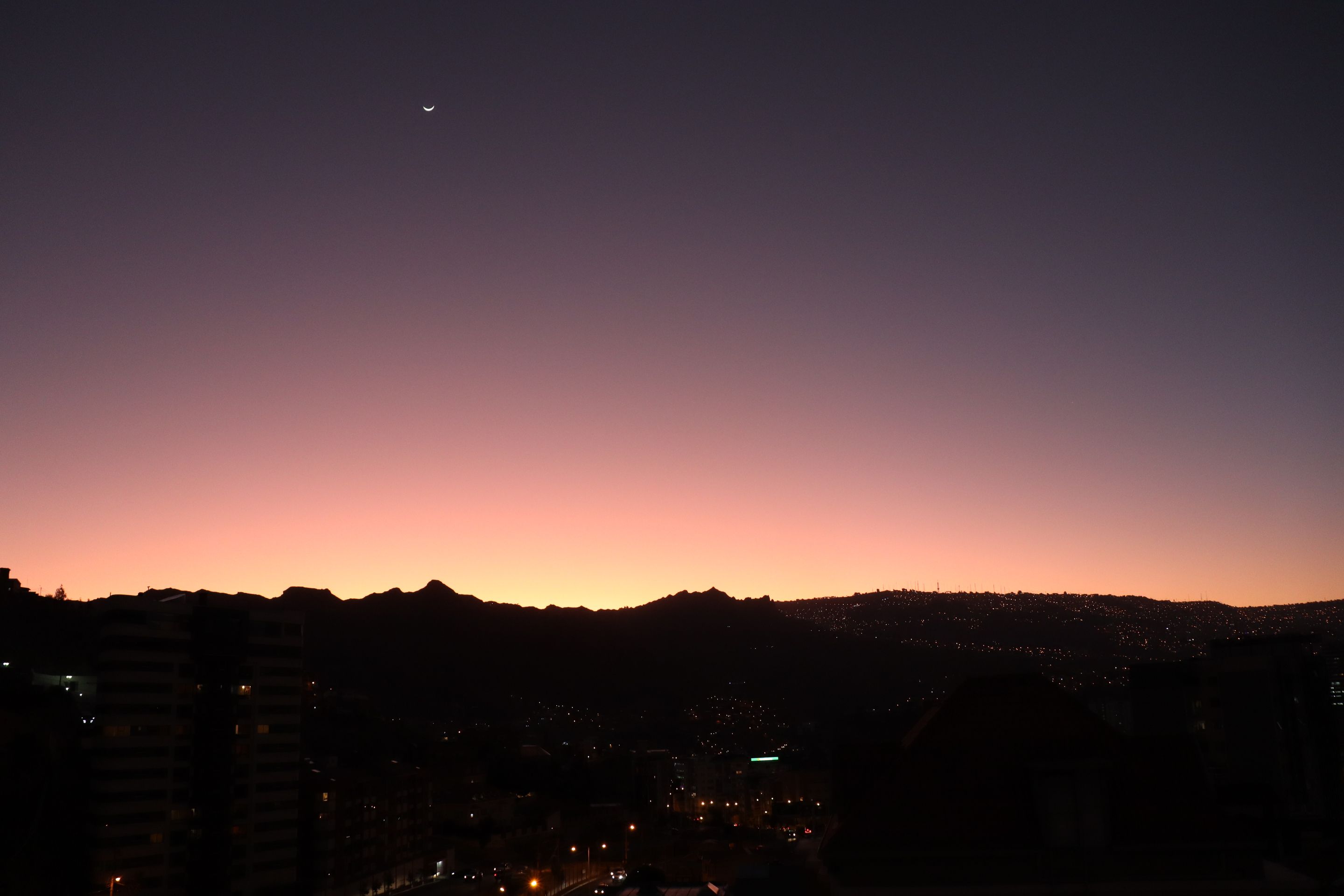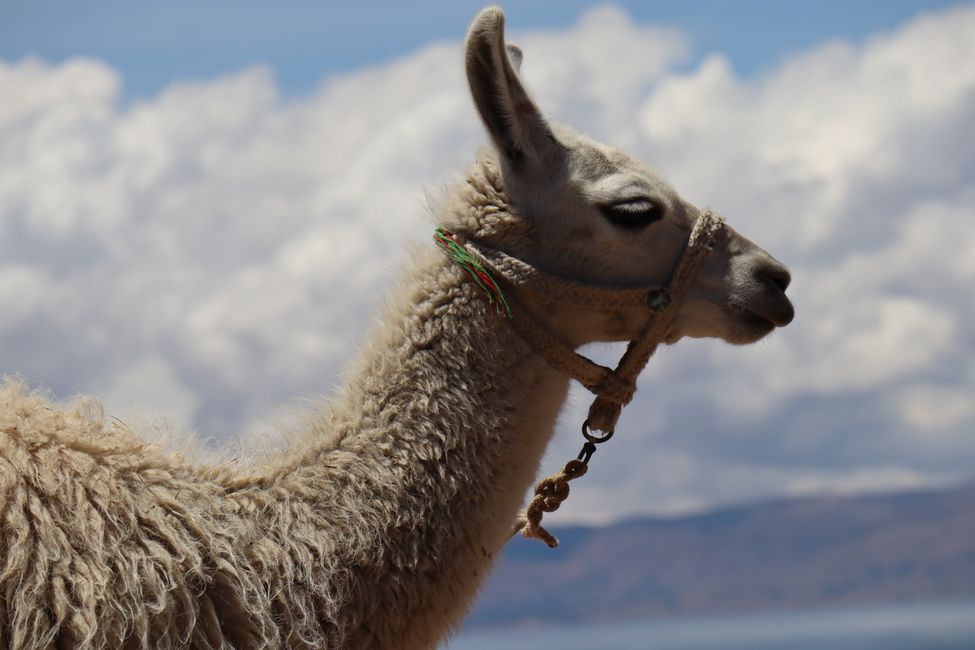
fear-and-loathing-in-southamerica
vakantio.de/fear-and-loathing-in-southamerica
City-Country-River (Parque Ibera-Corrientes-Santa Fe-Rosario)
Foillsichte: 15.12.2022
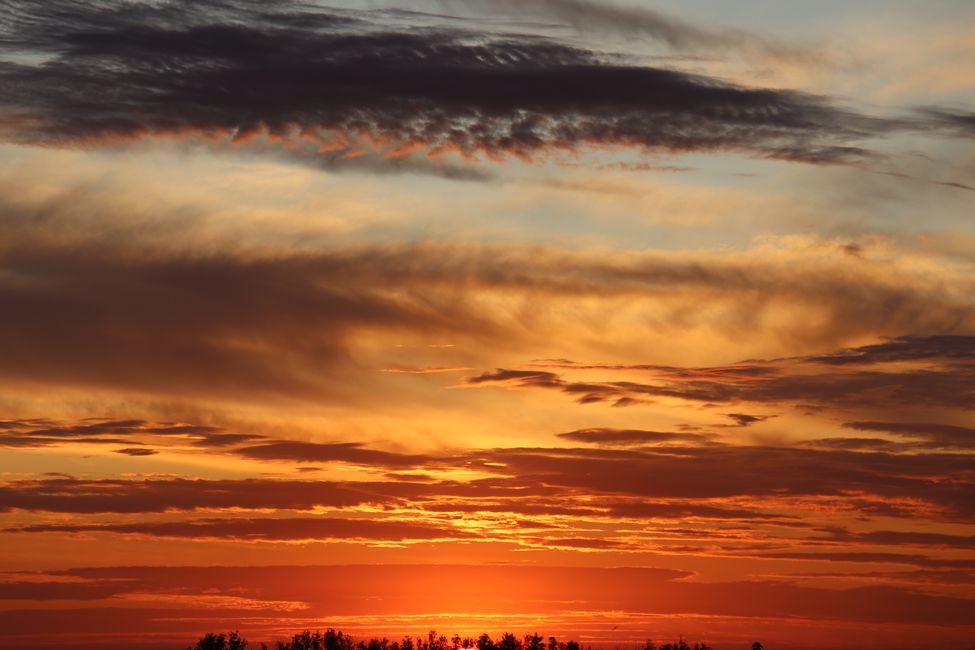
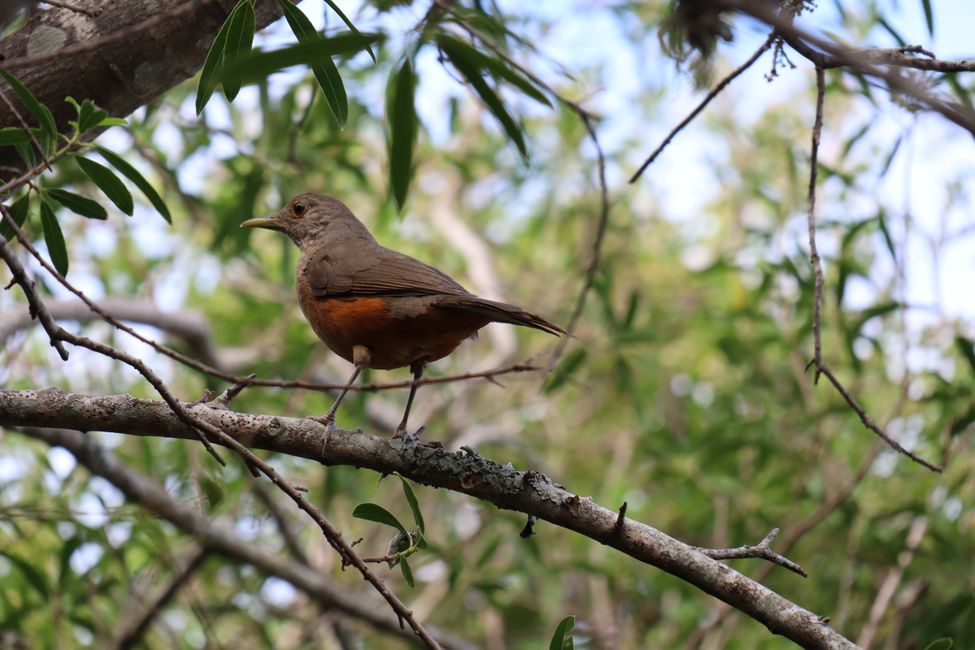
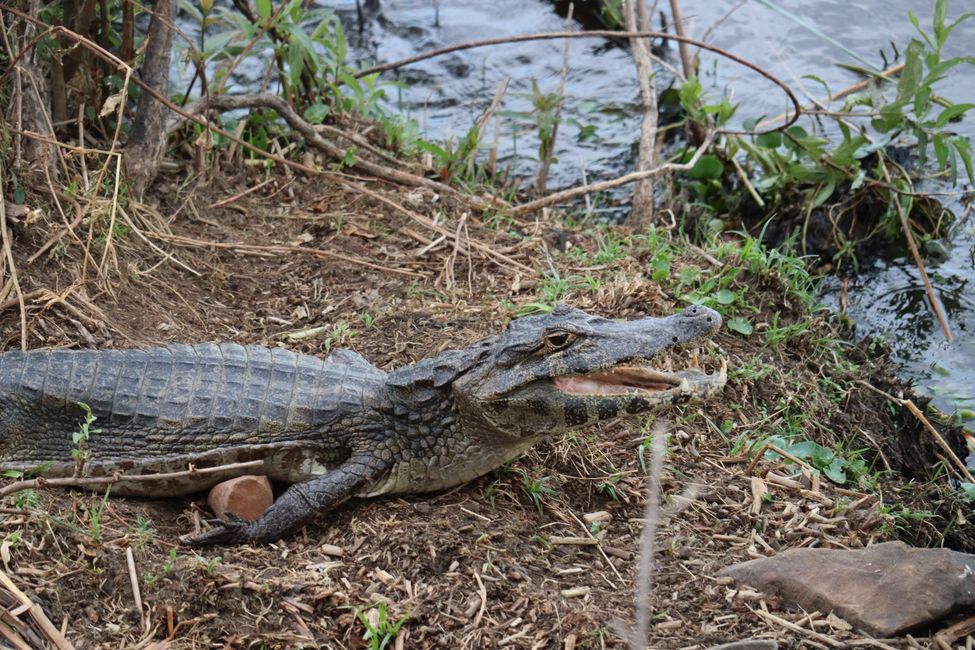
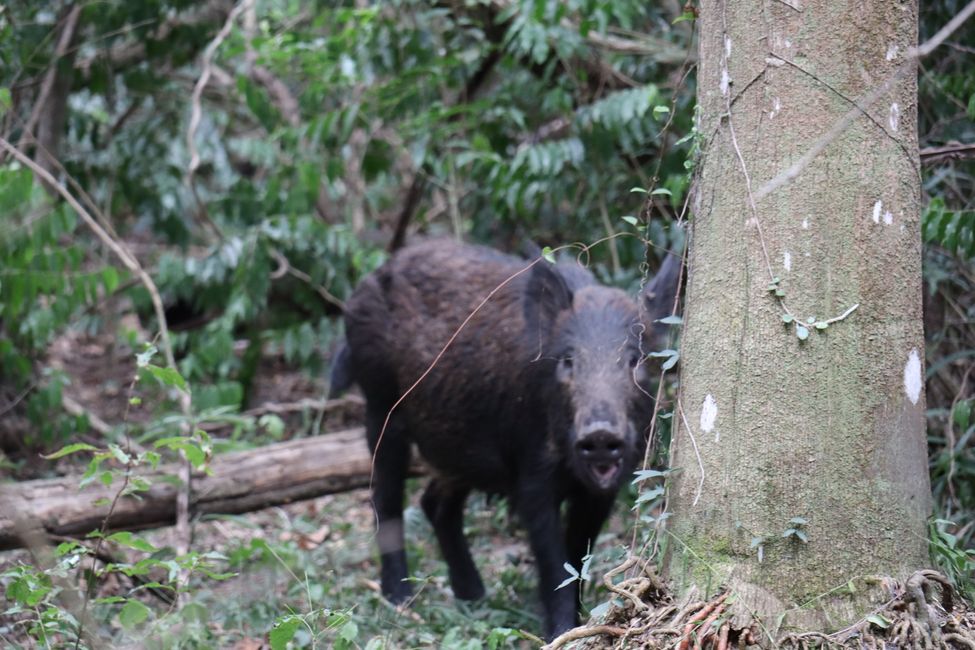
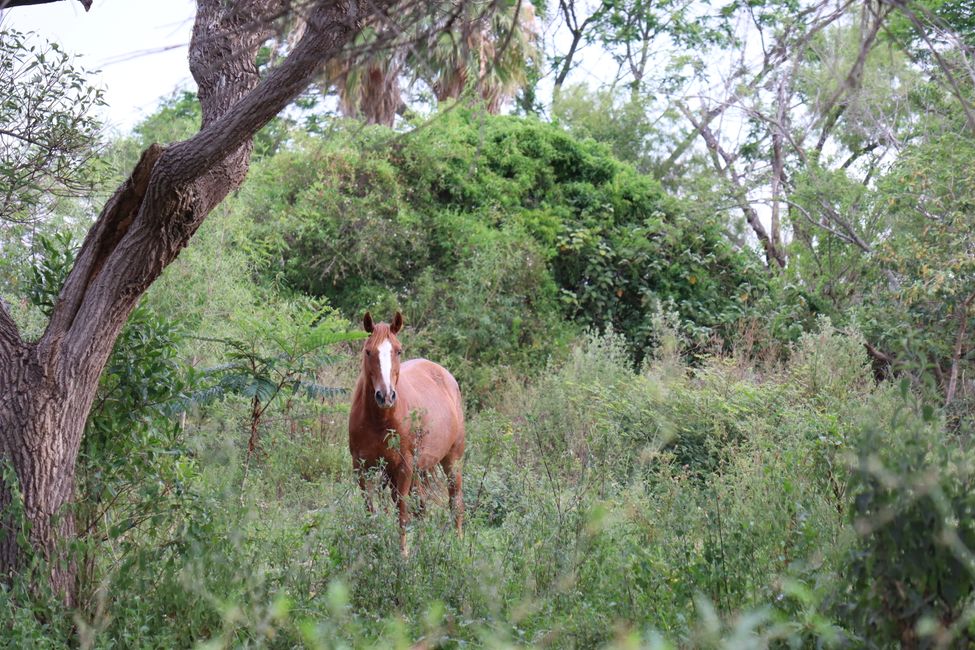
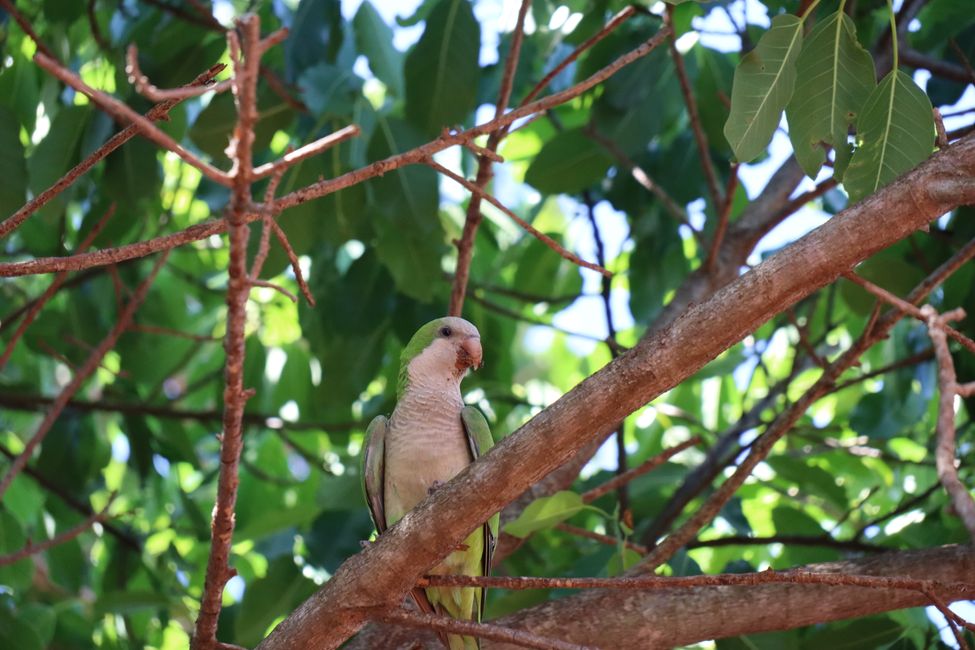
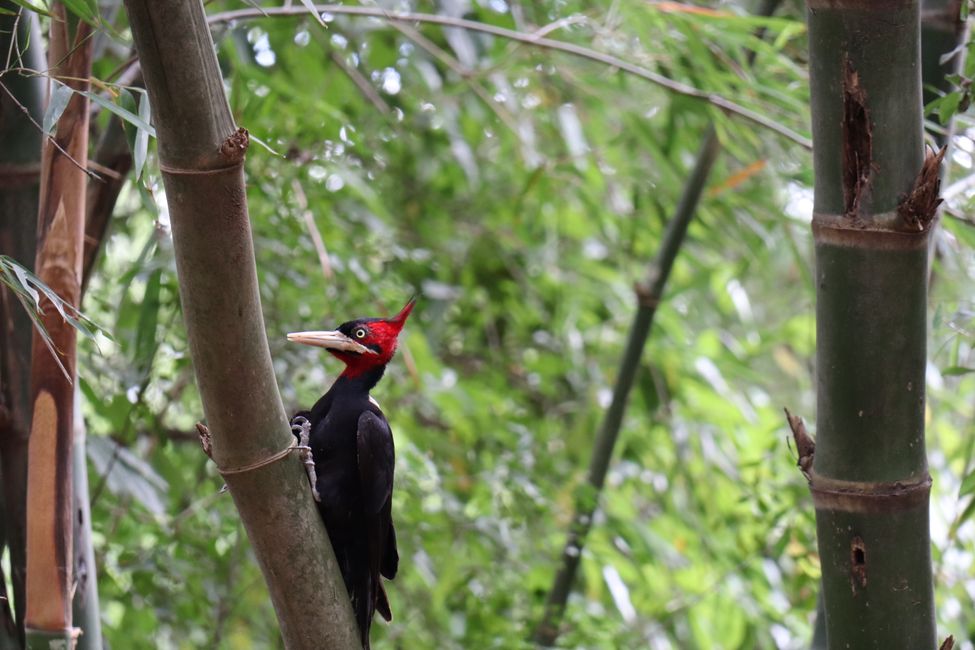
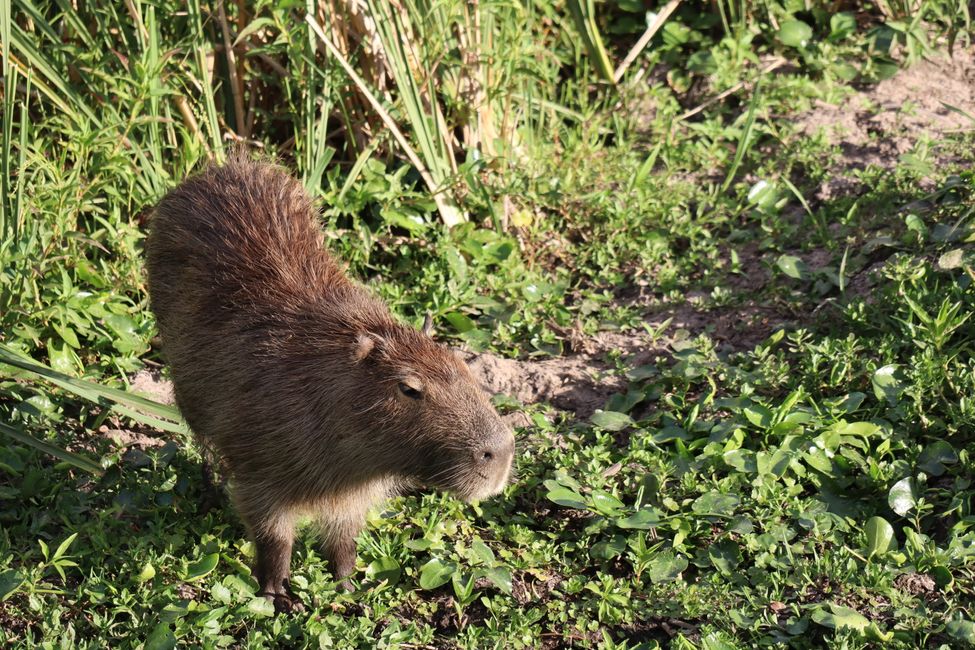
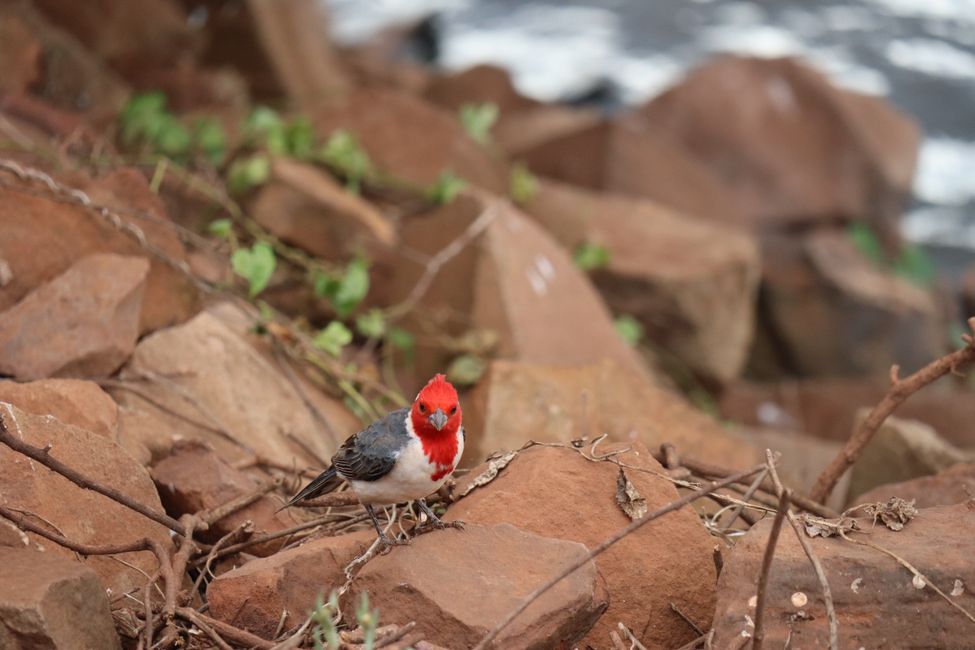
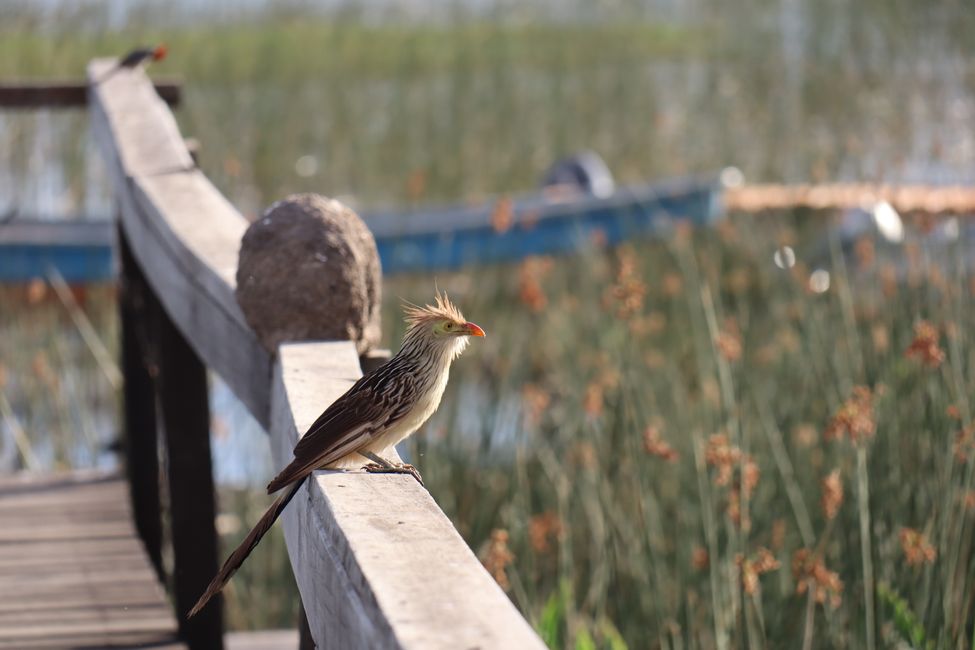
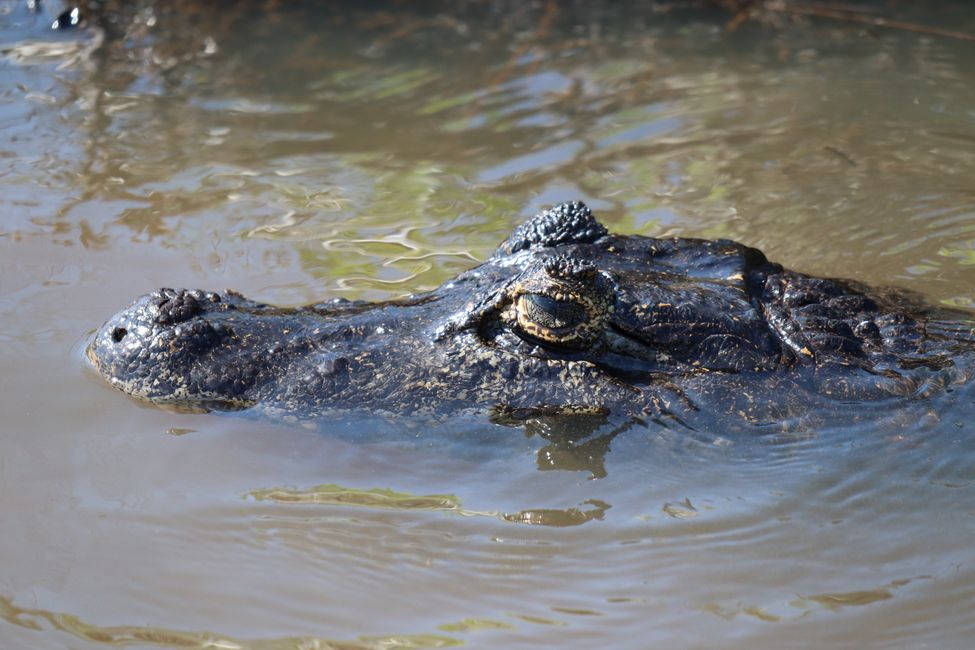
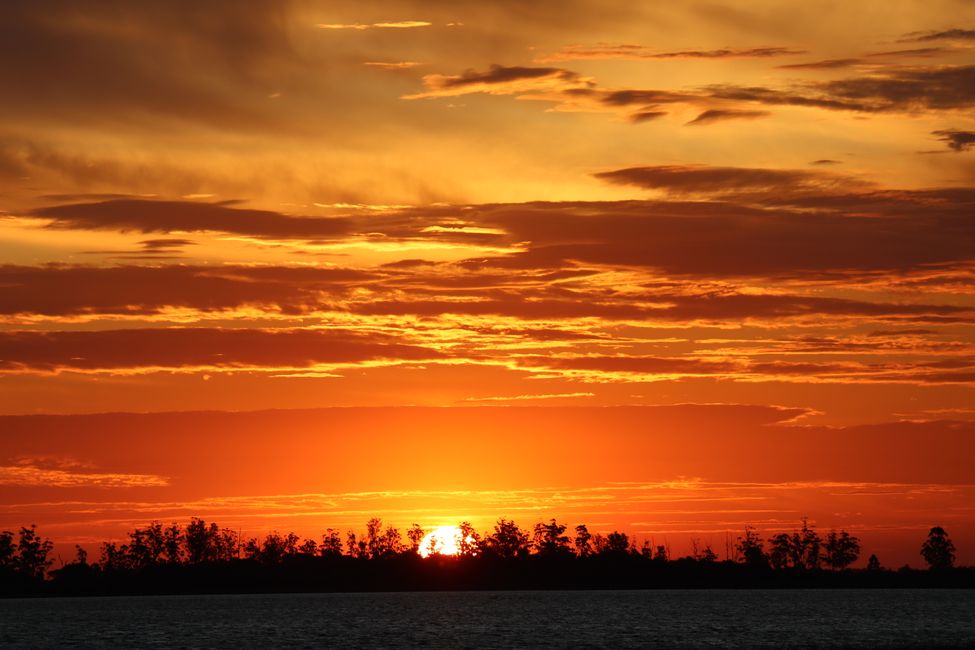
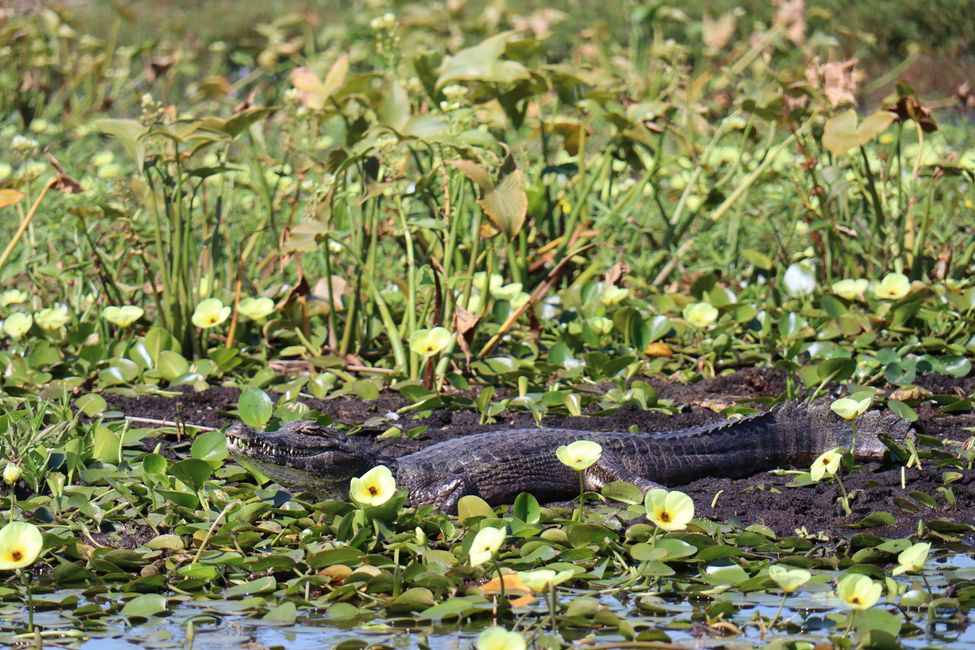
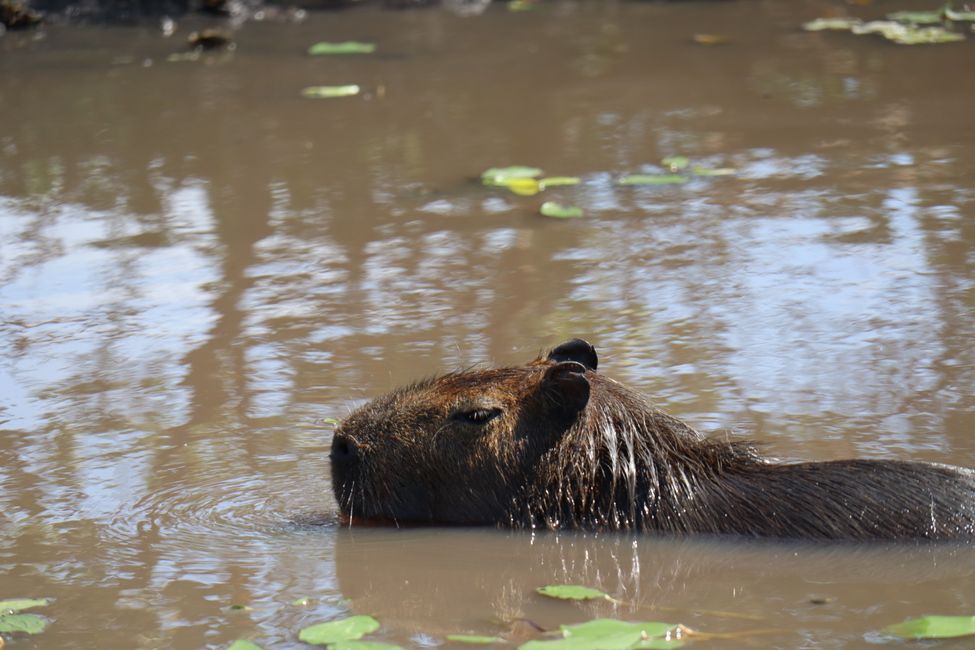
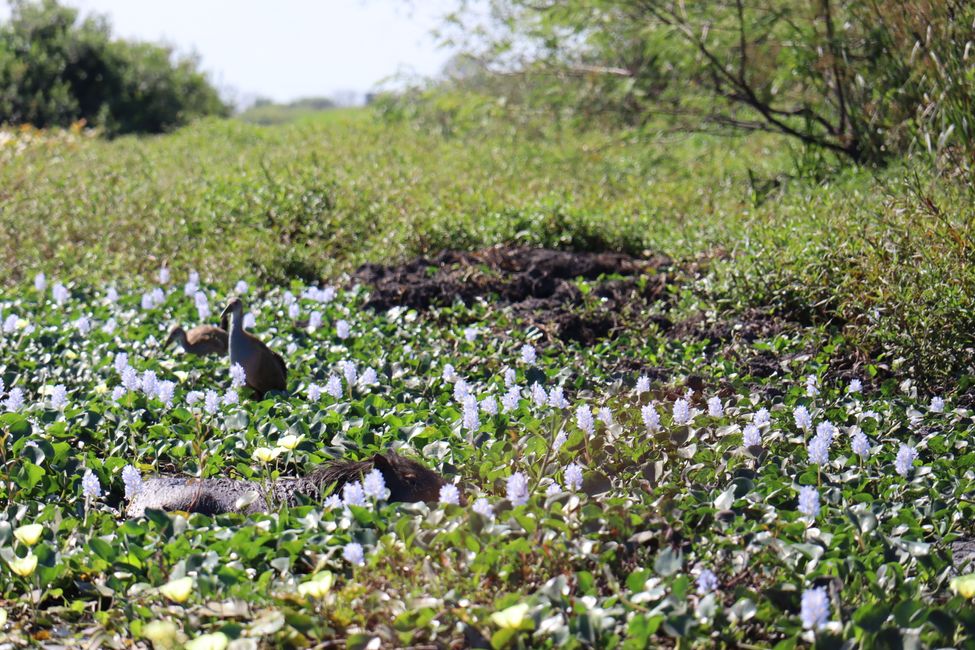
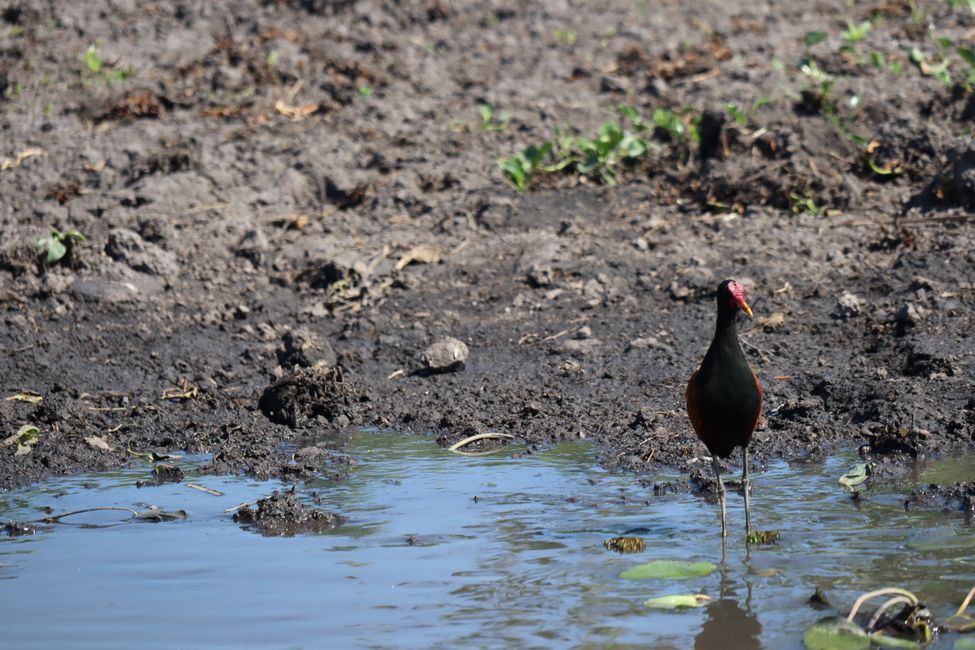
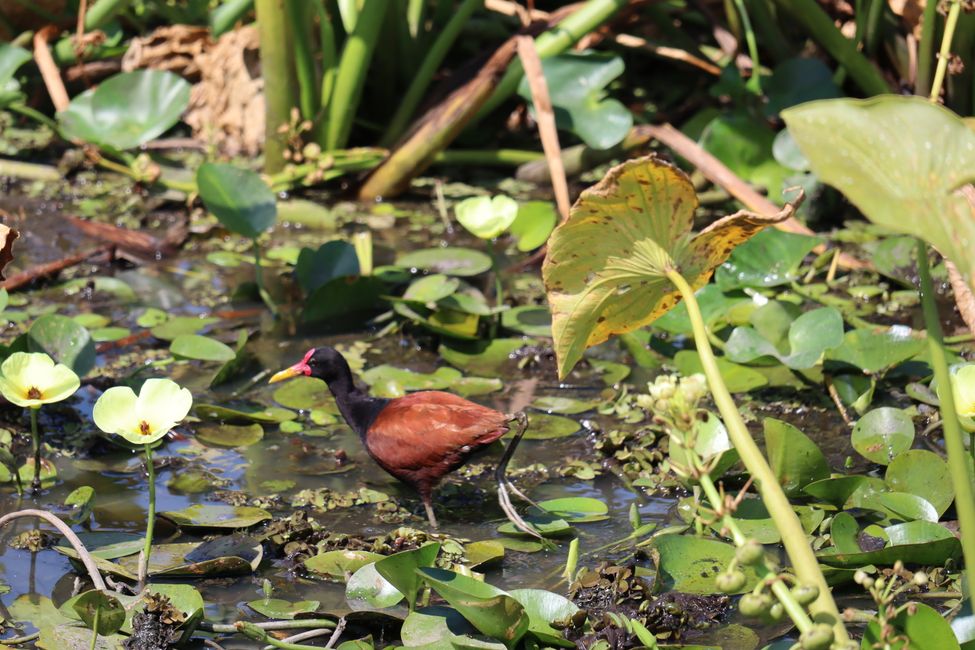
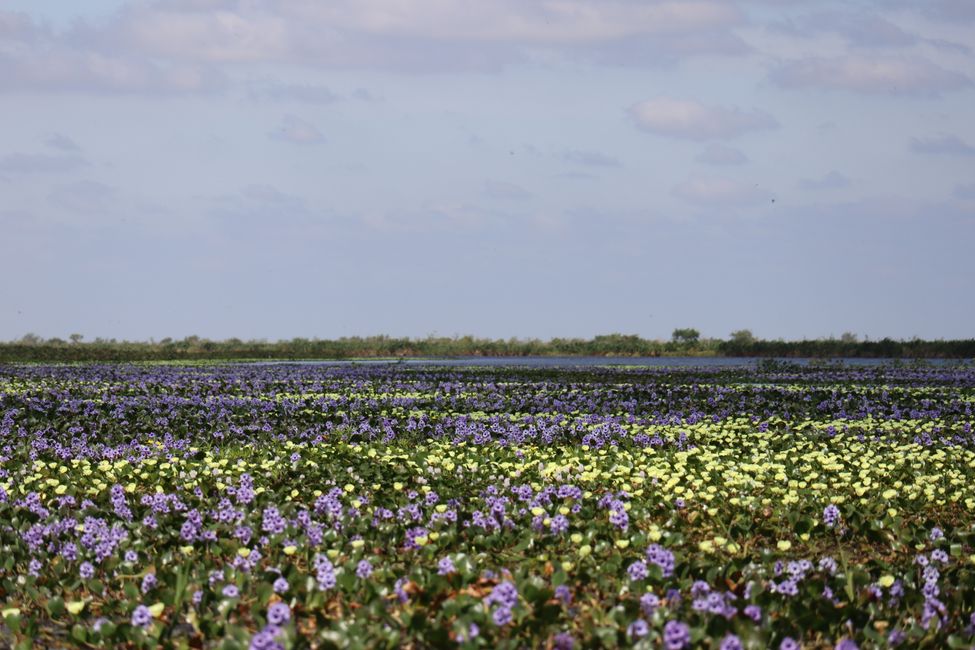
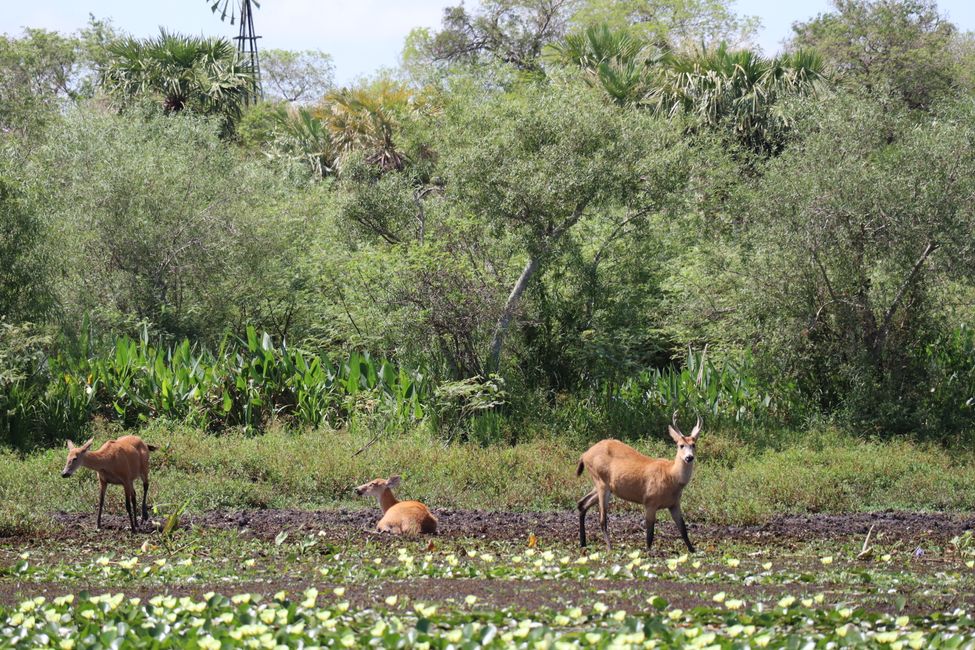
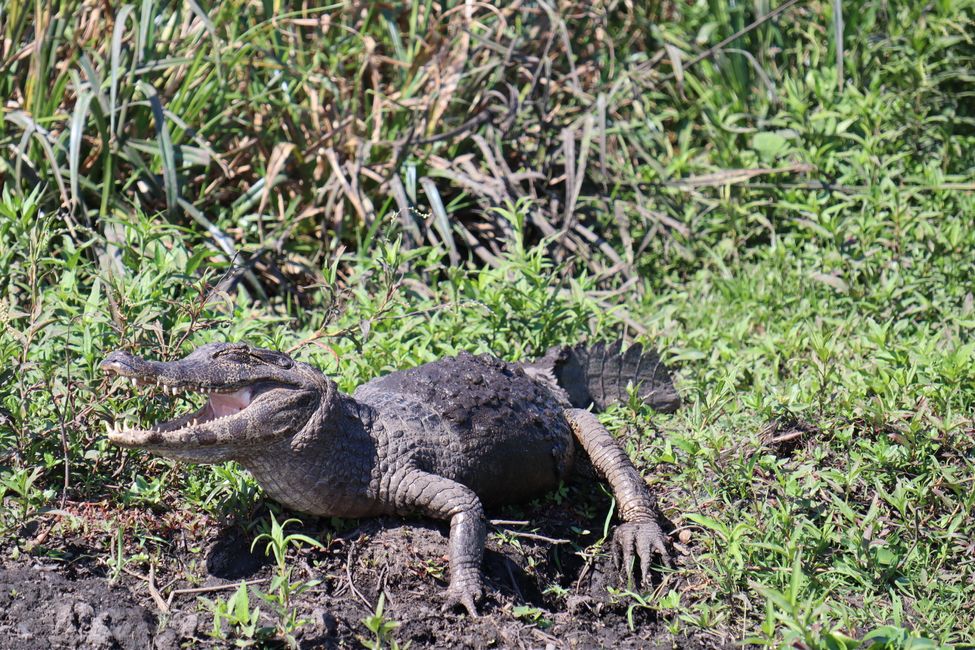
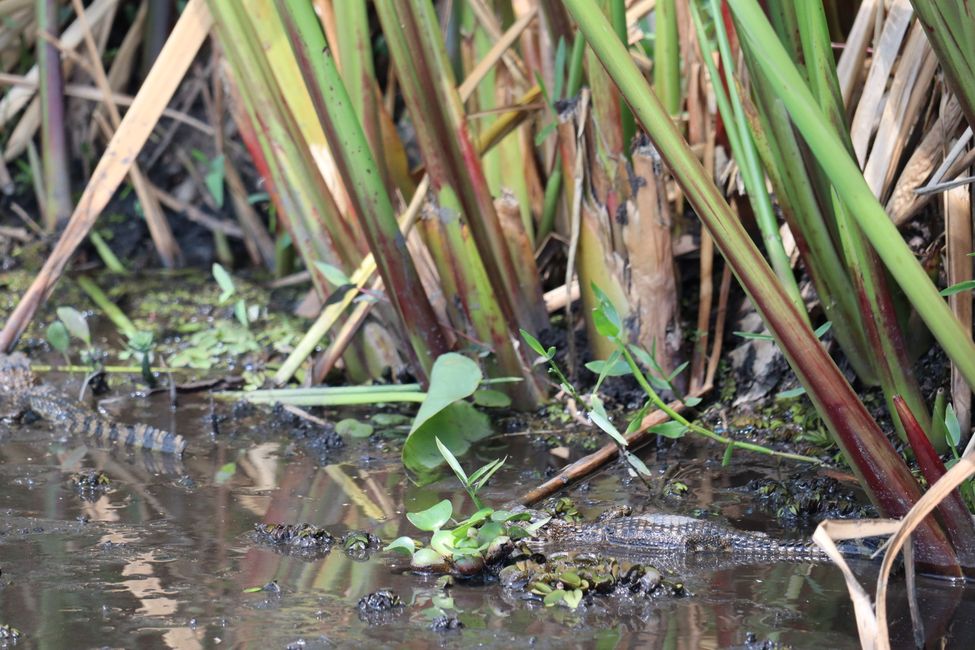
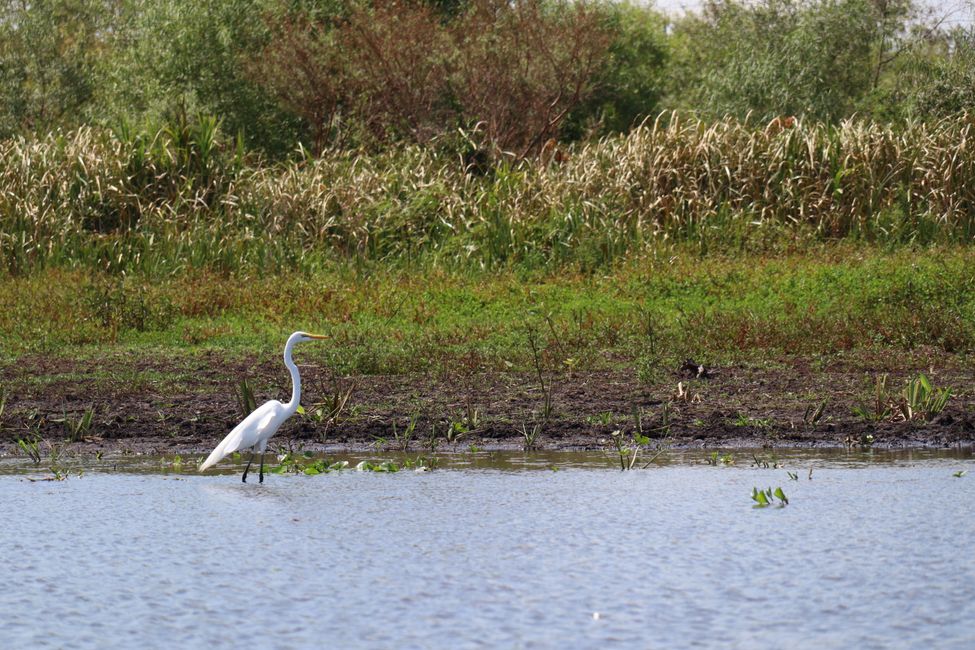
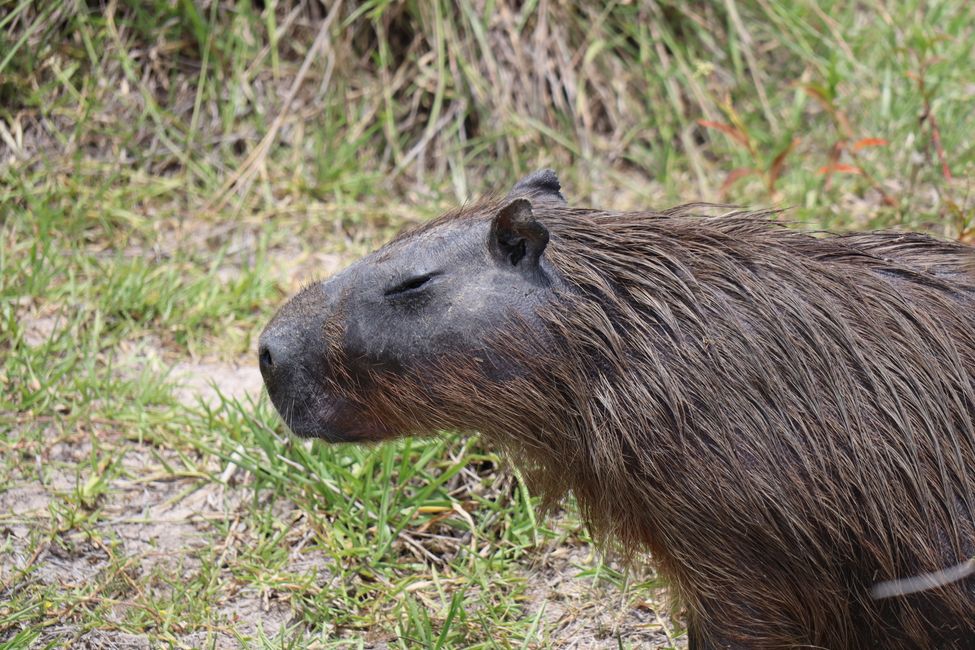
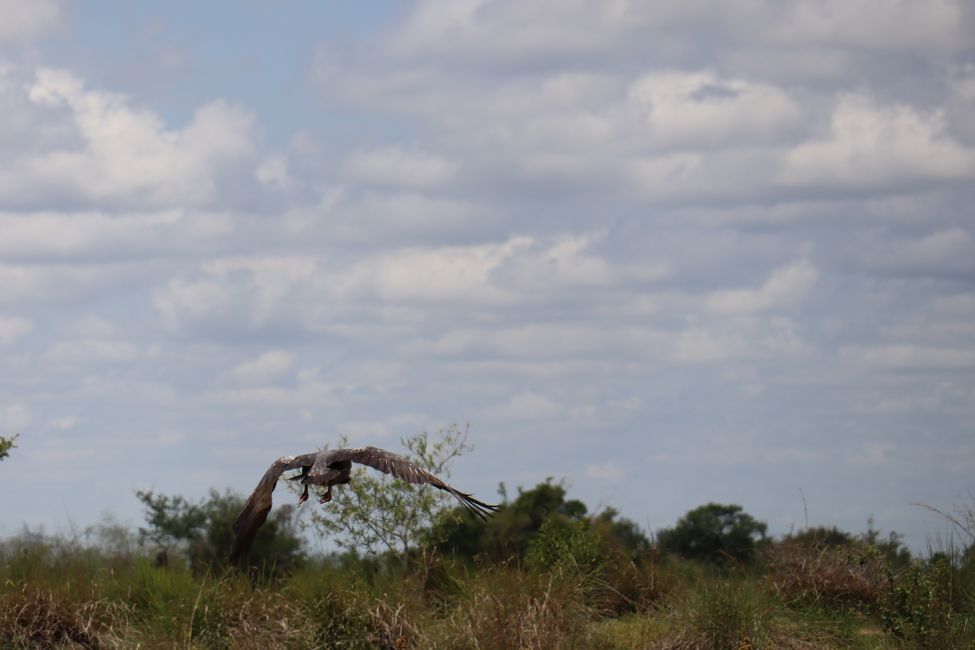
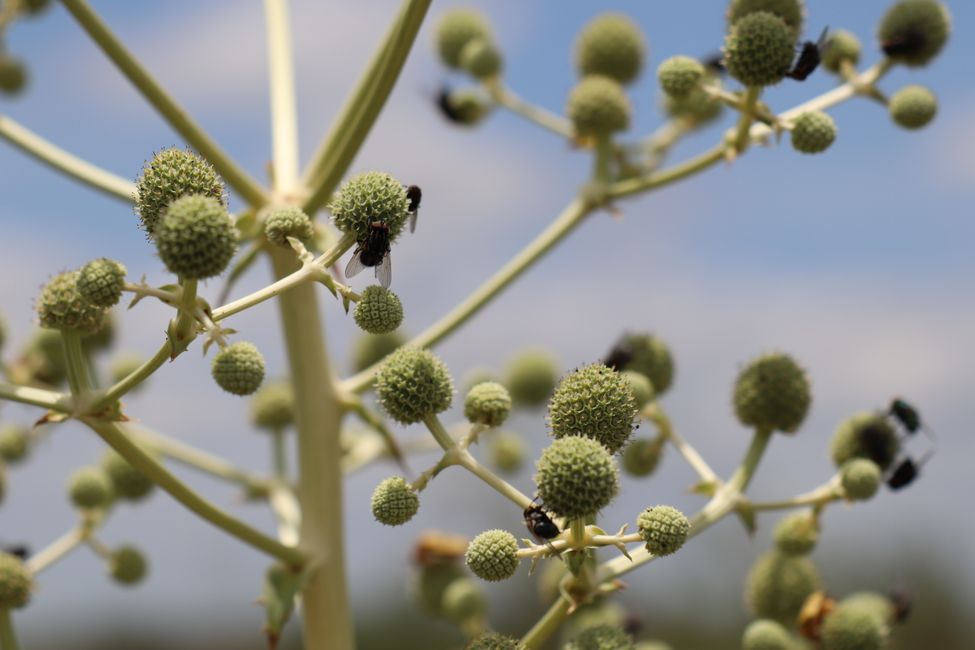
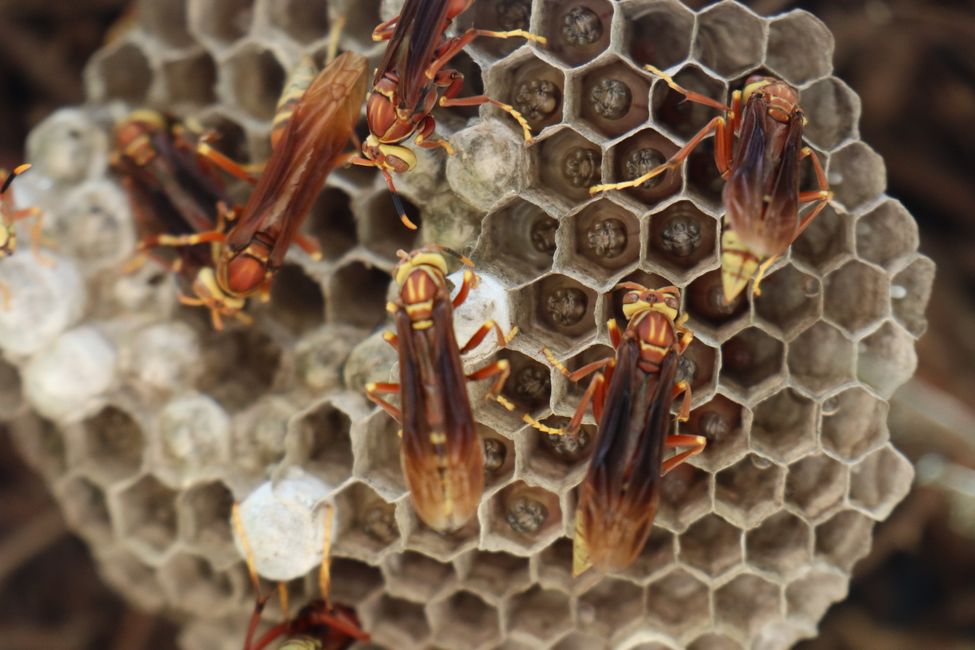
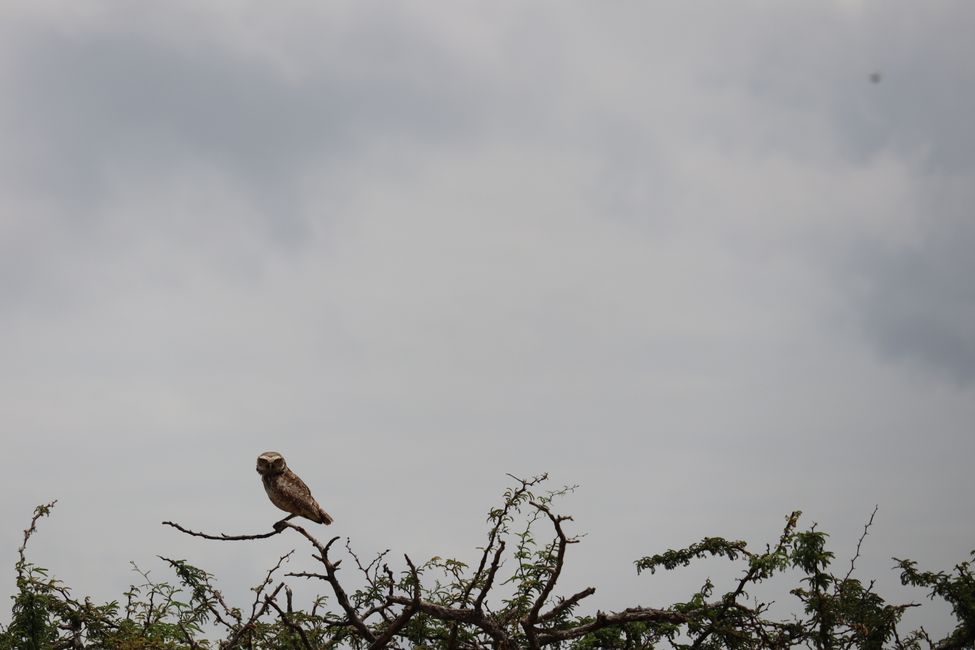
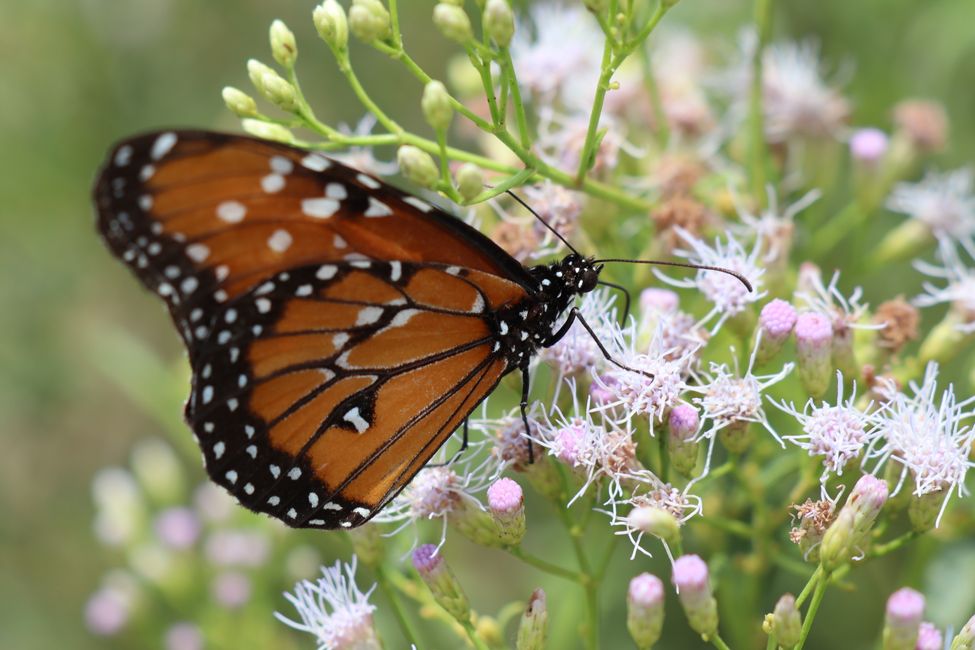
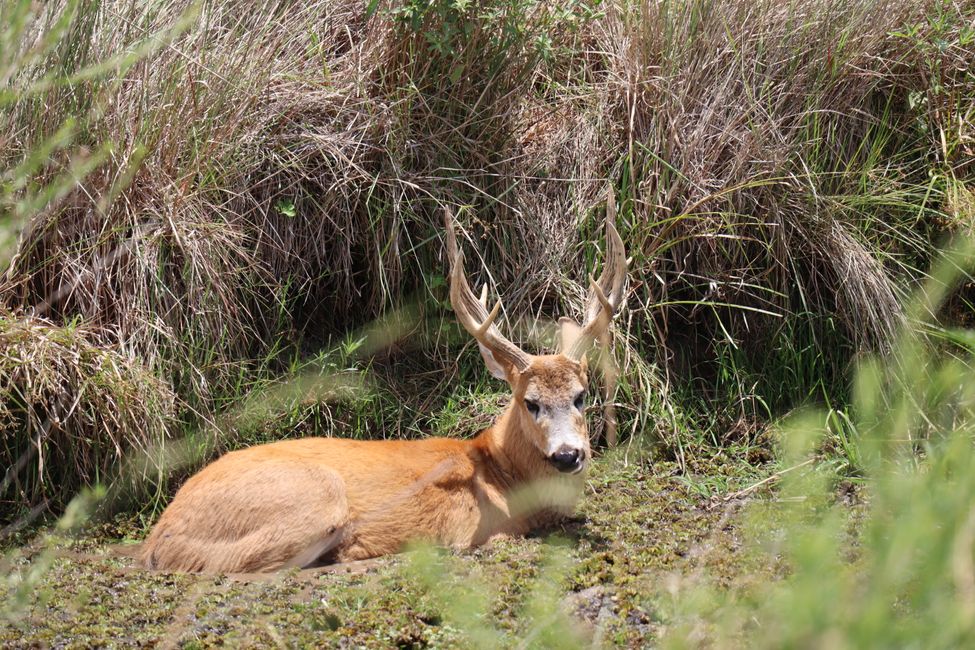
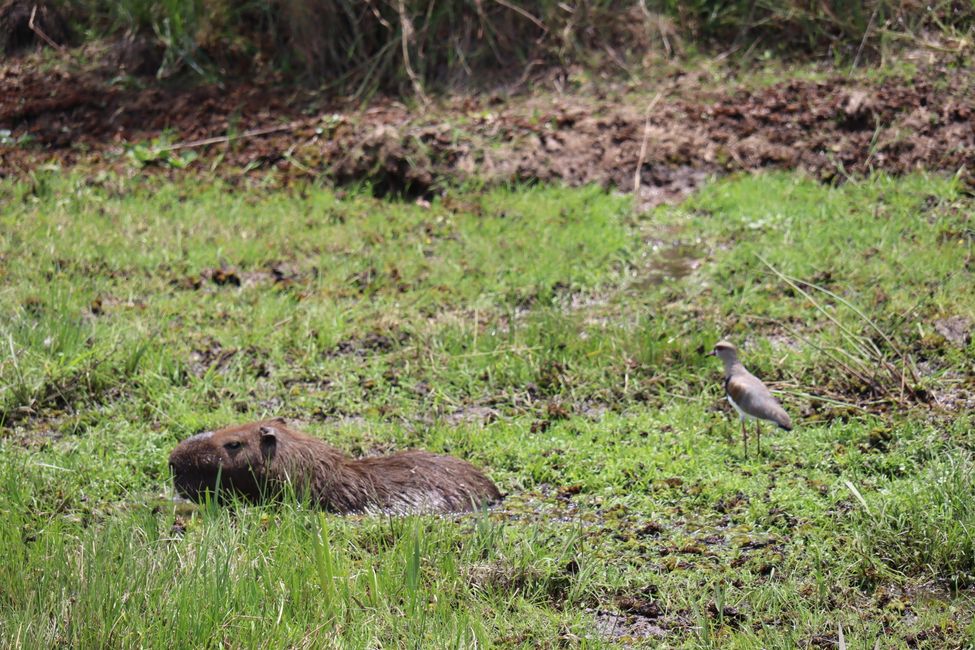
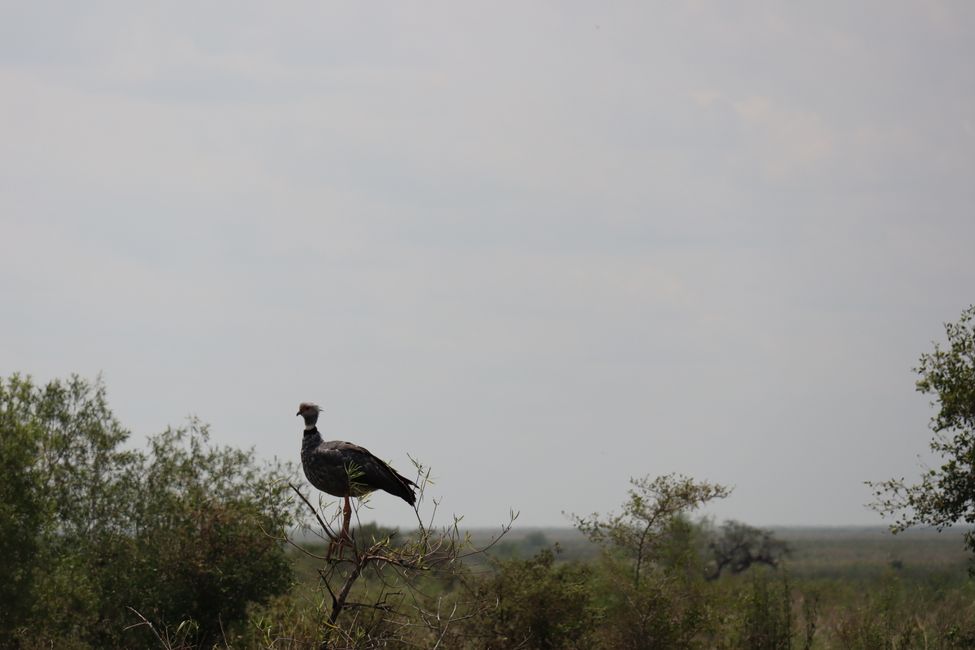
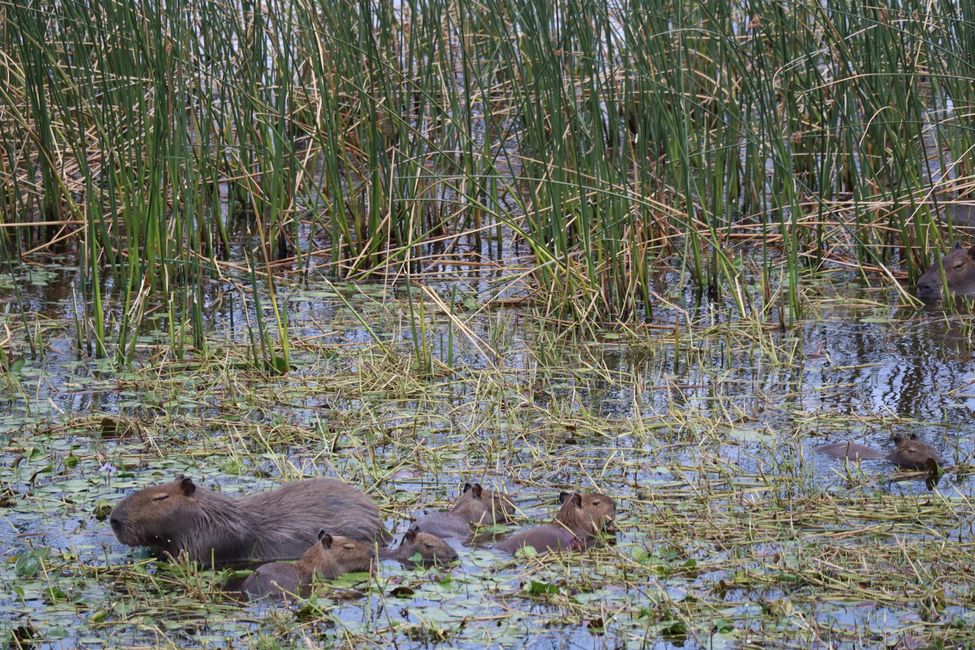
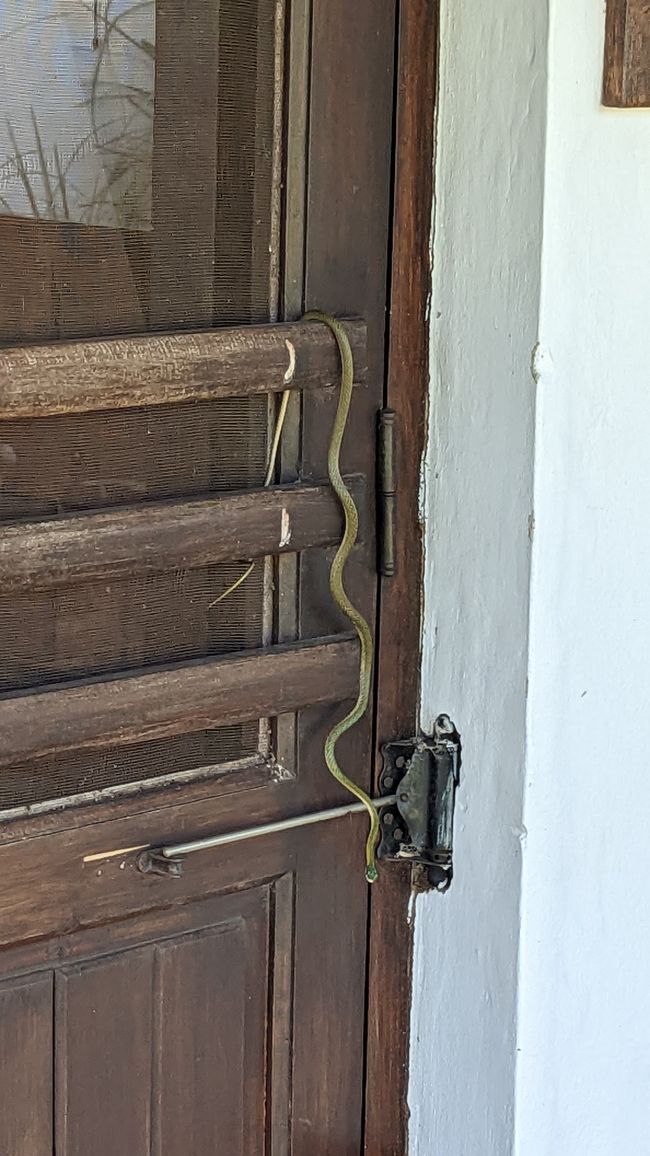
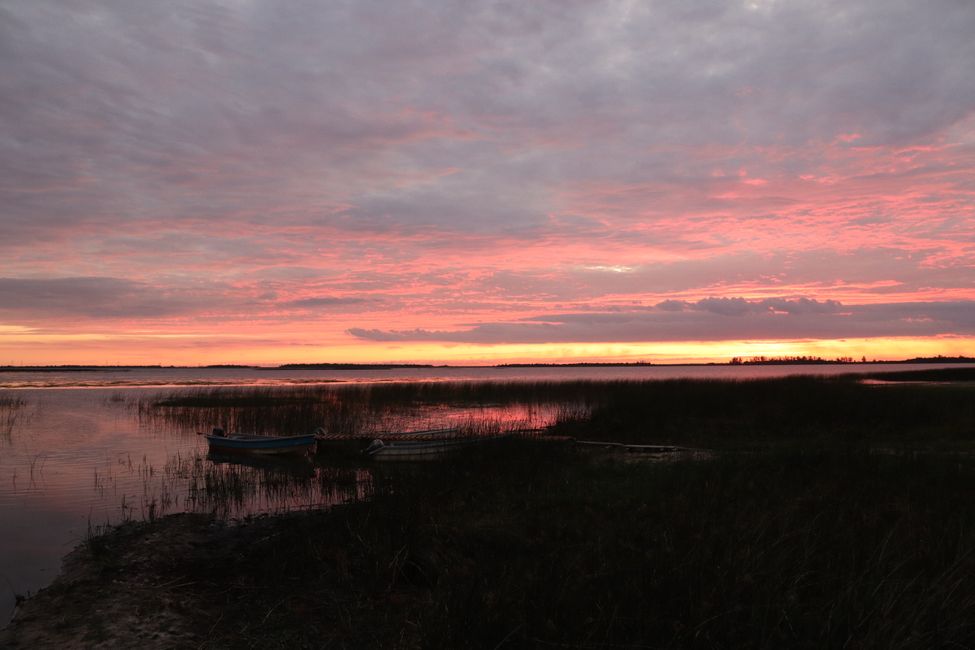
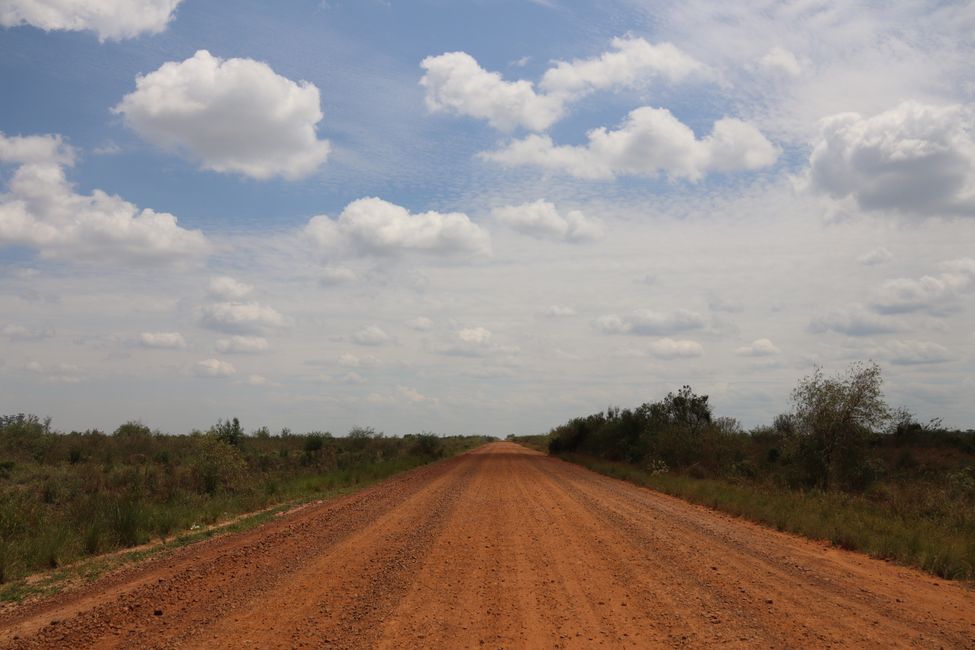
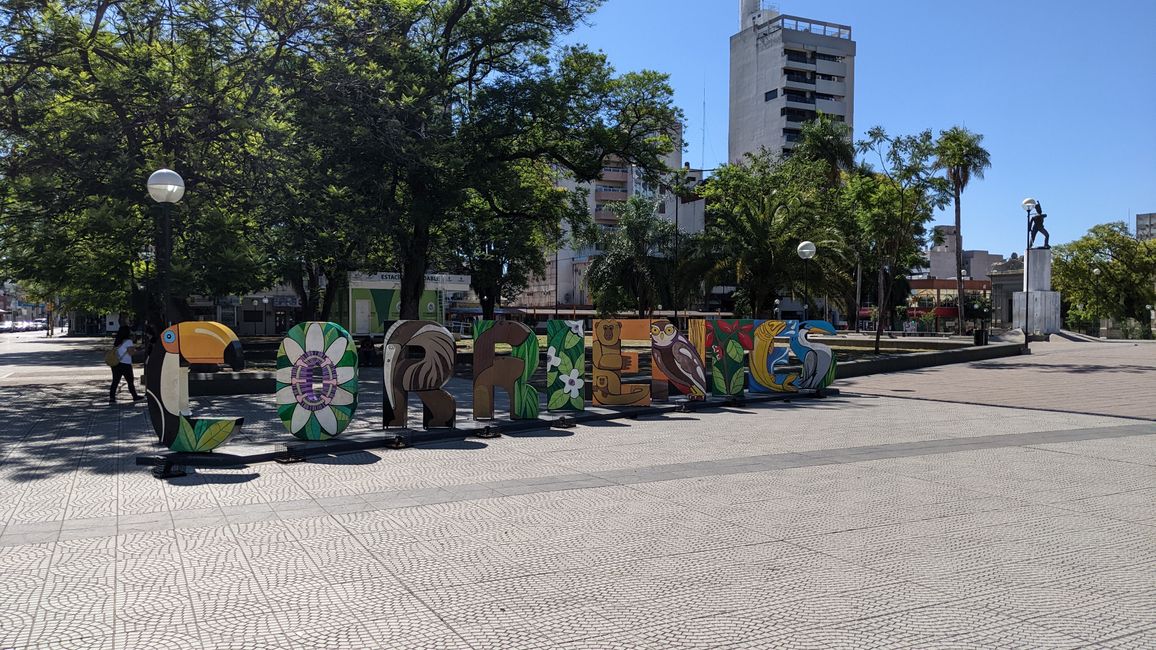

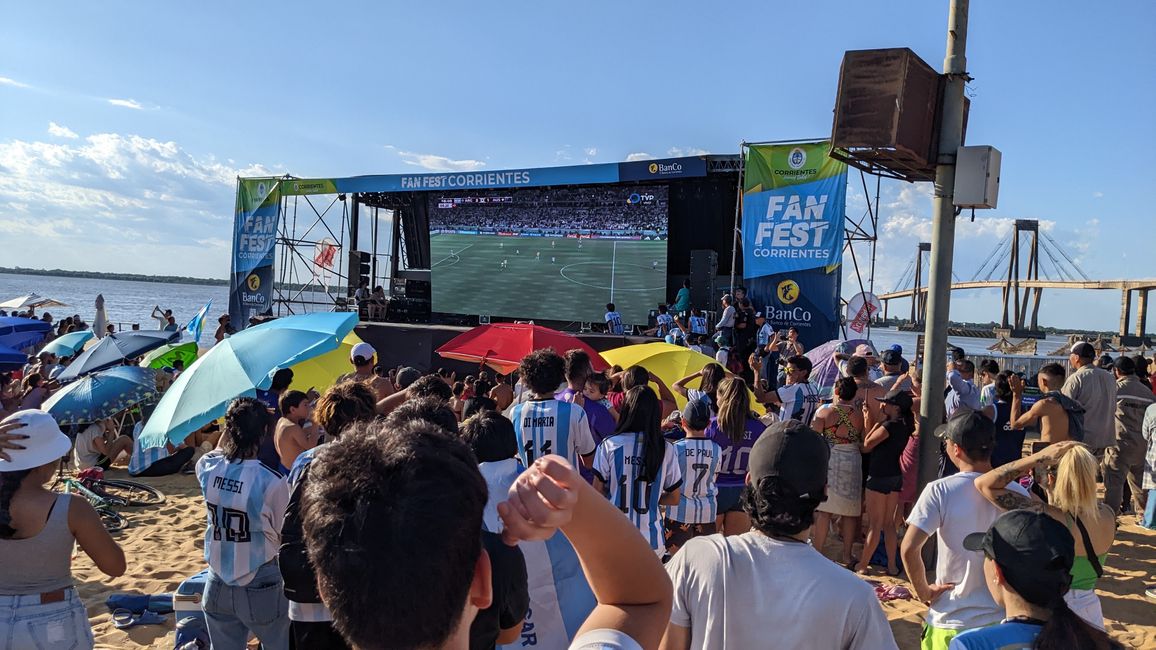
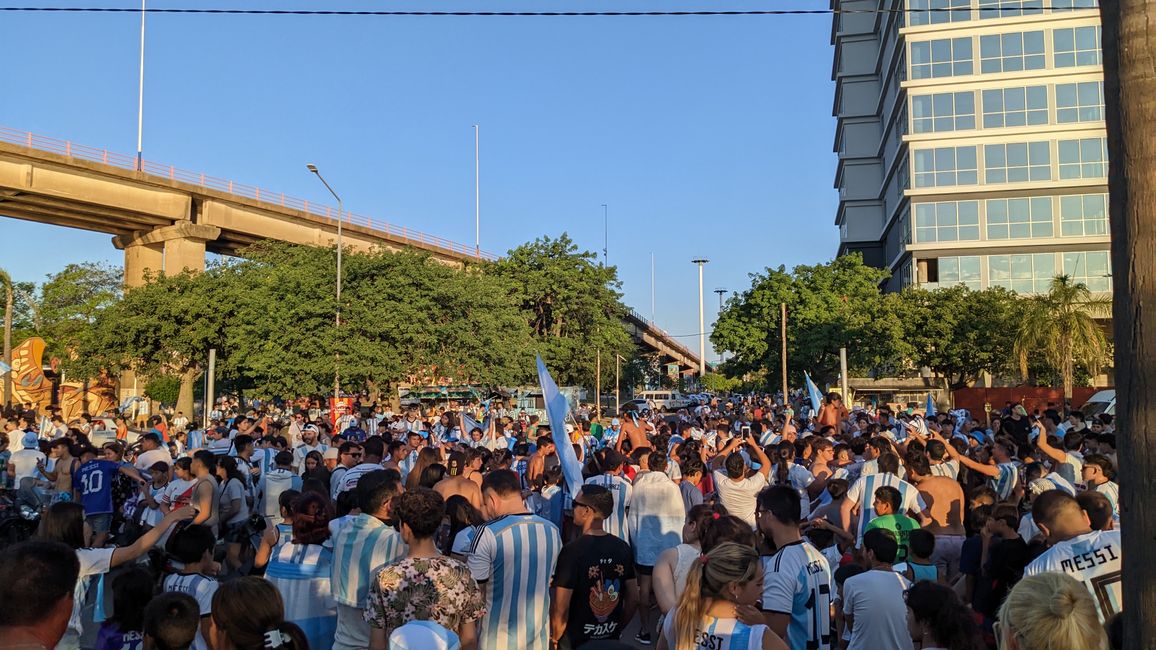
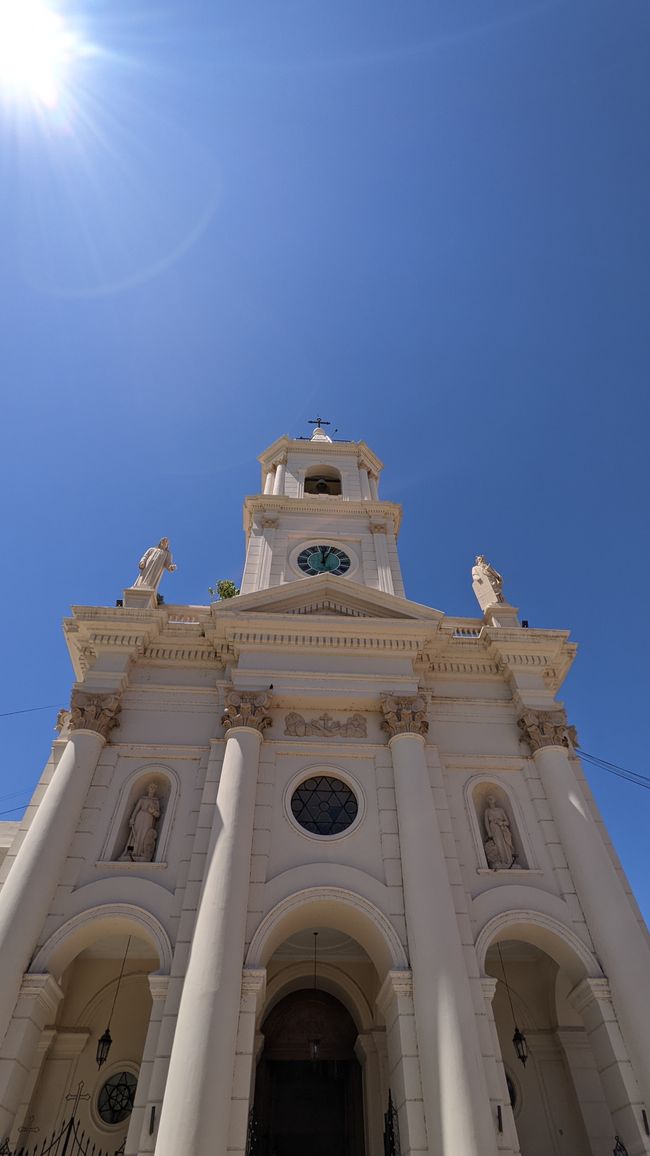
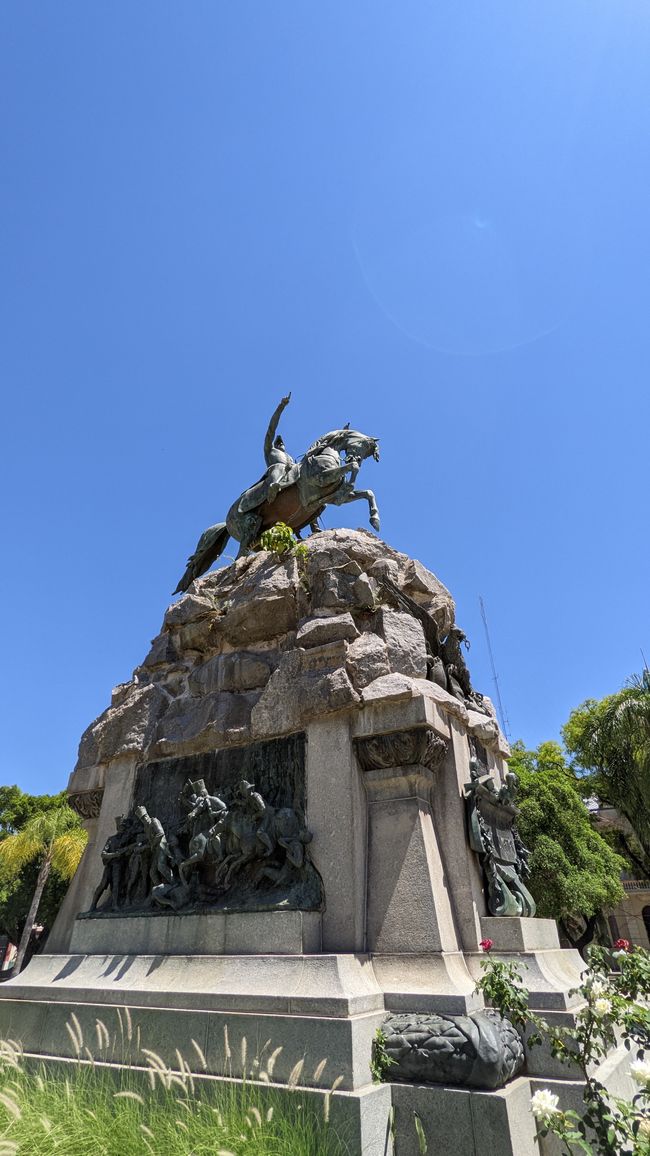
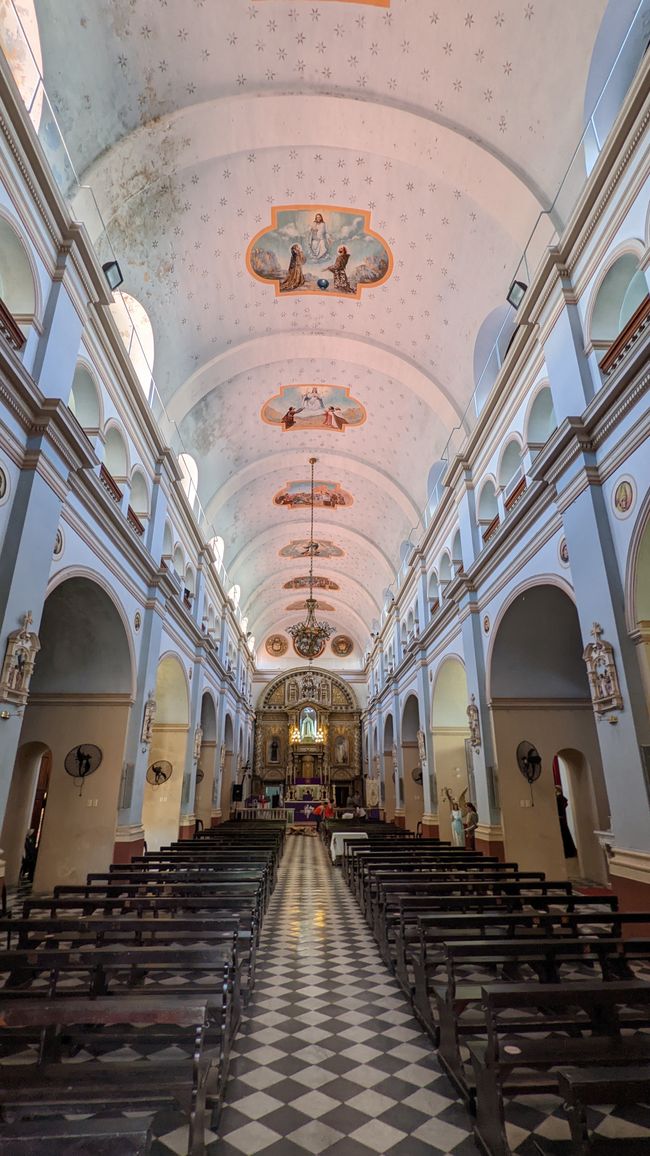
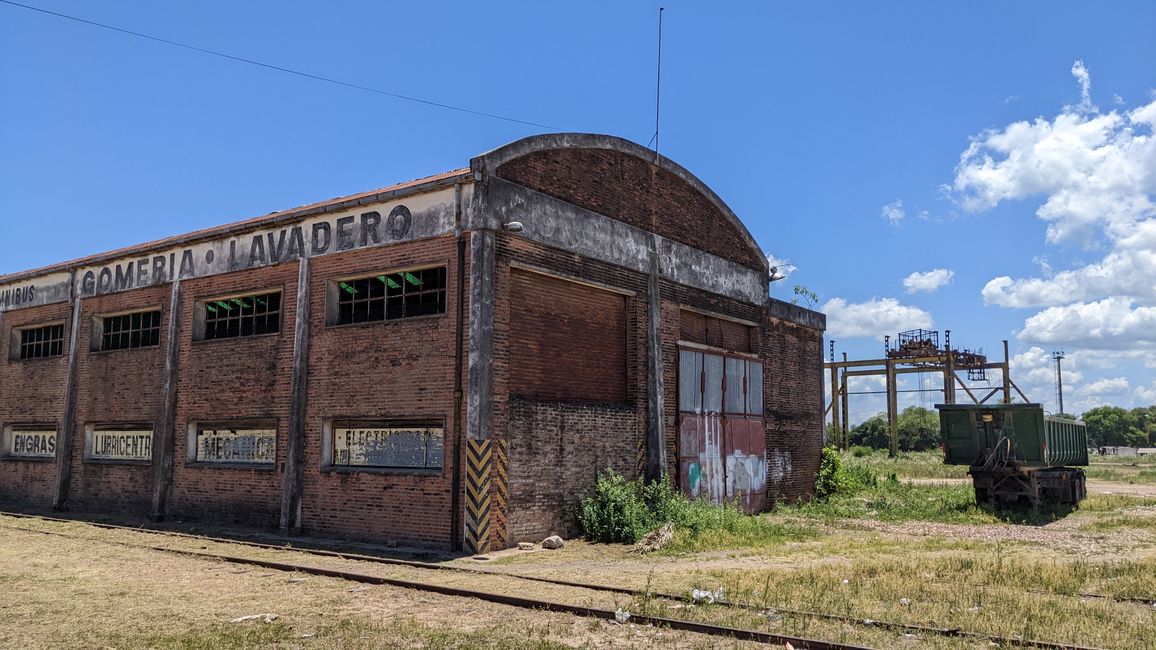
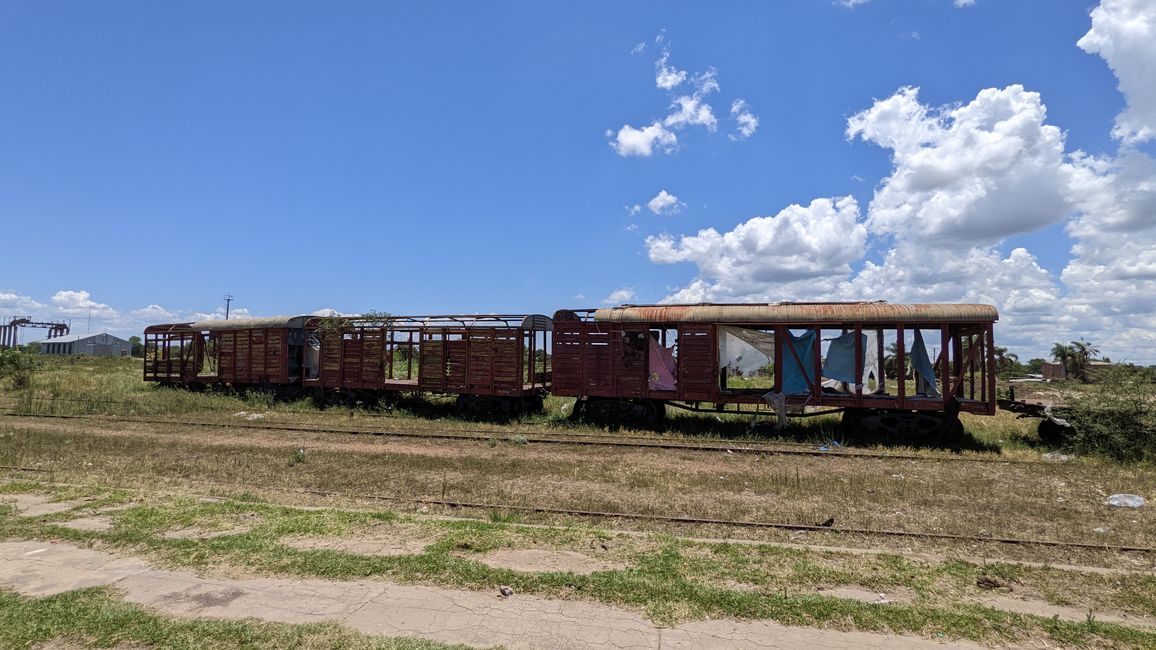
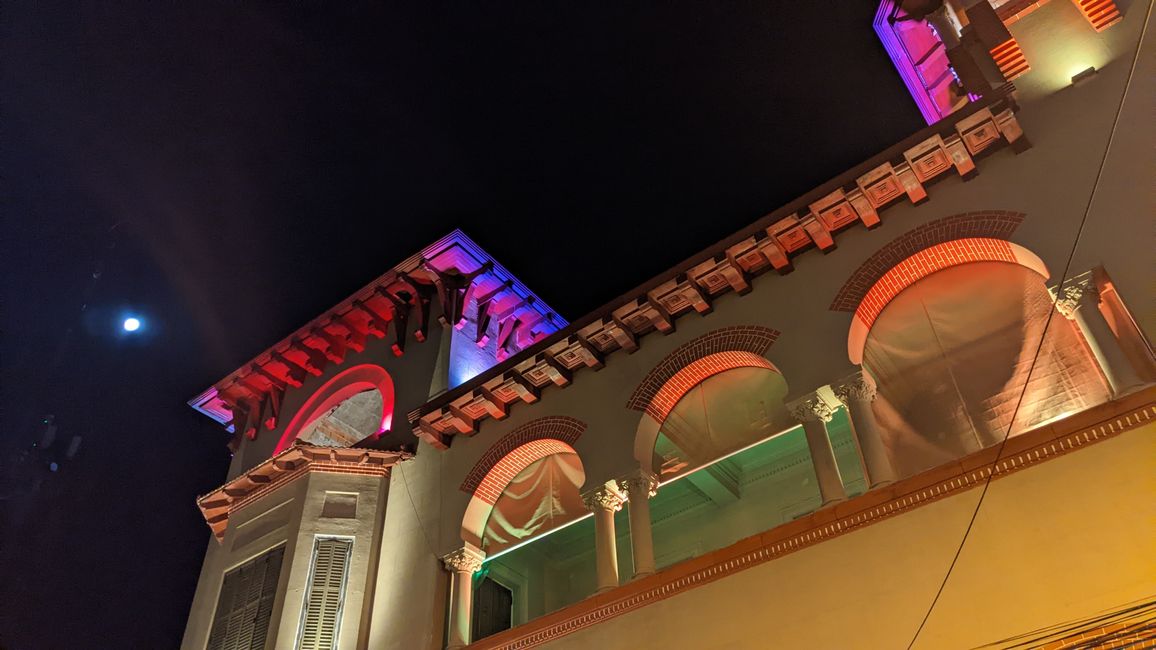
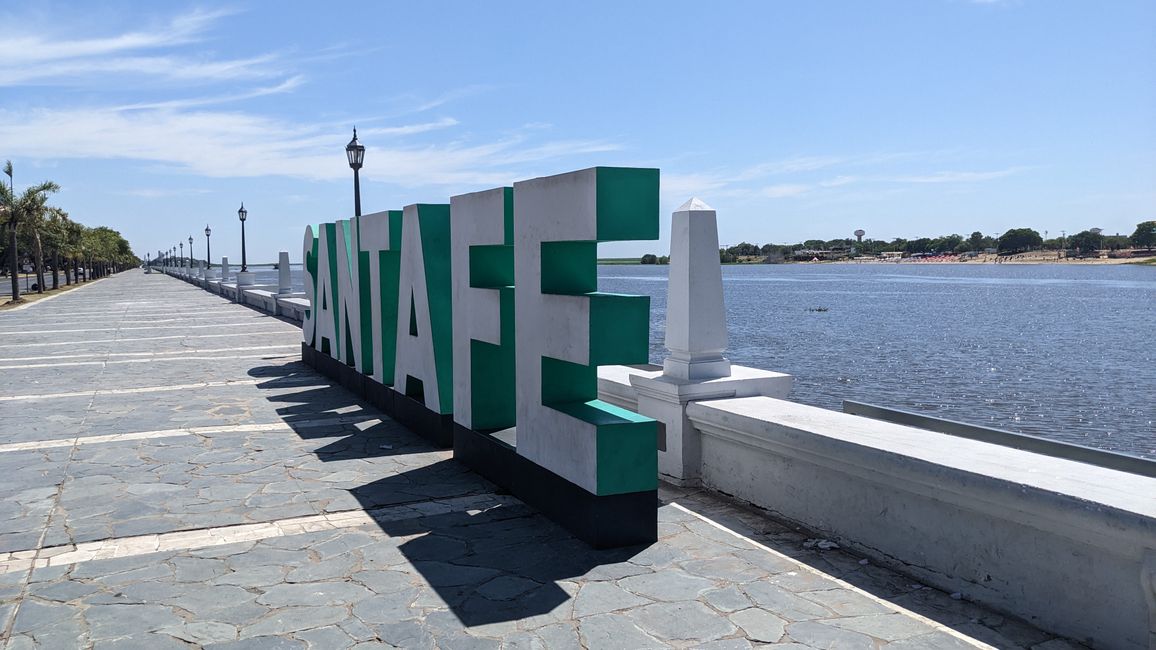
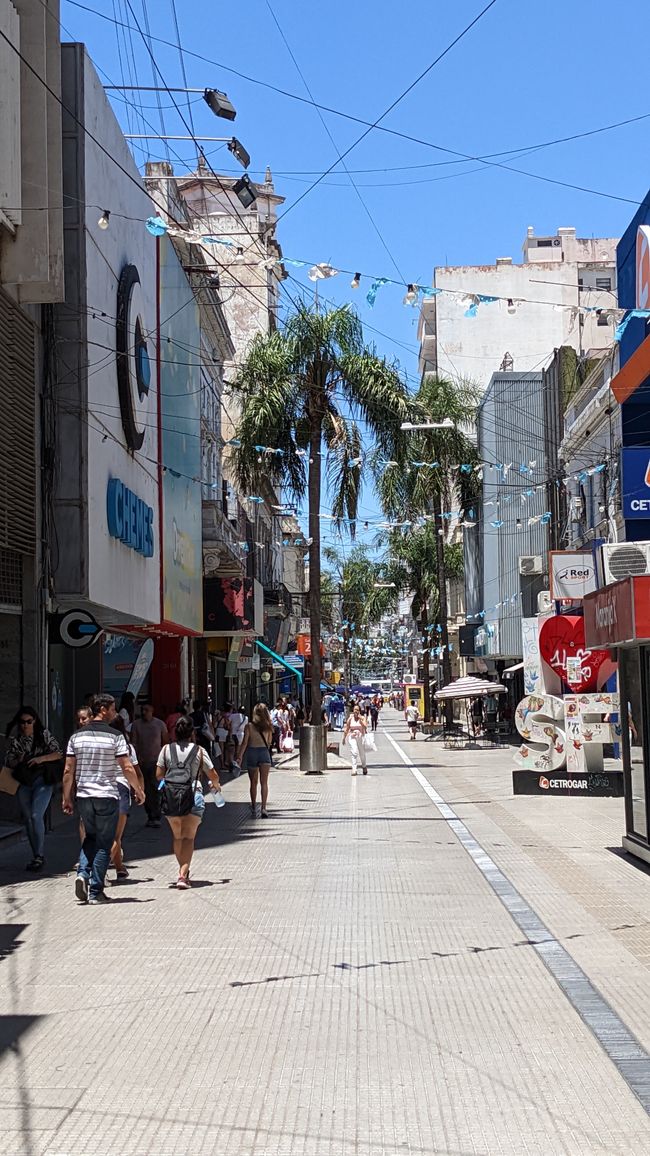
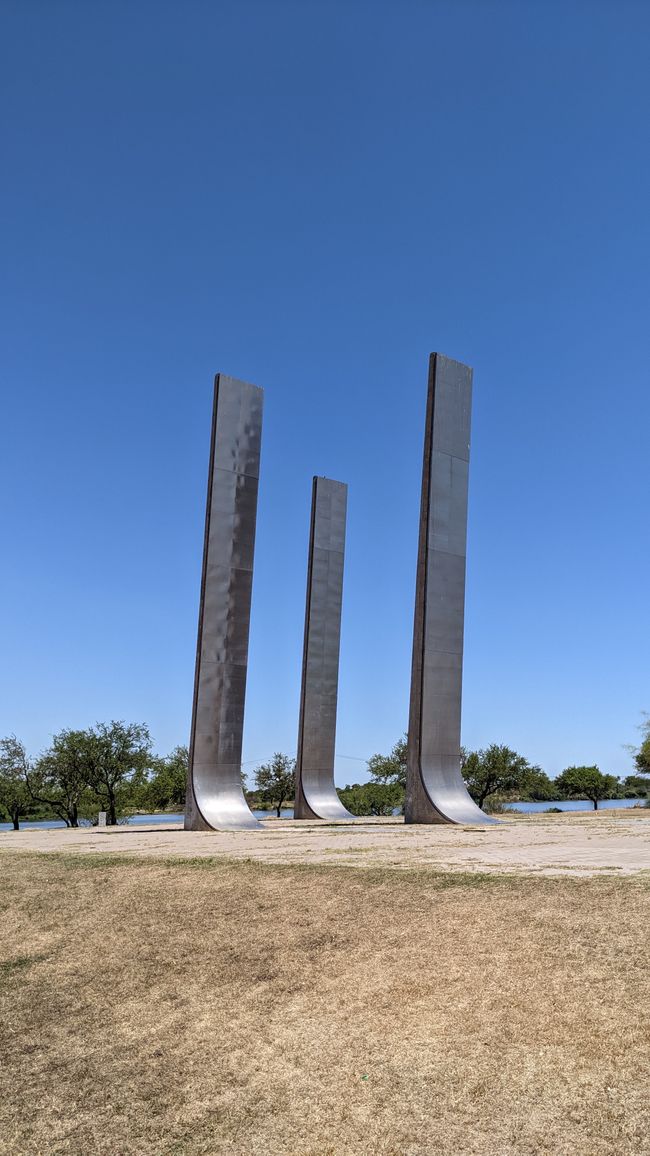
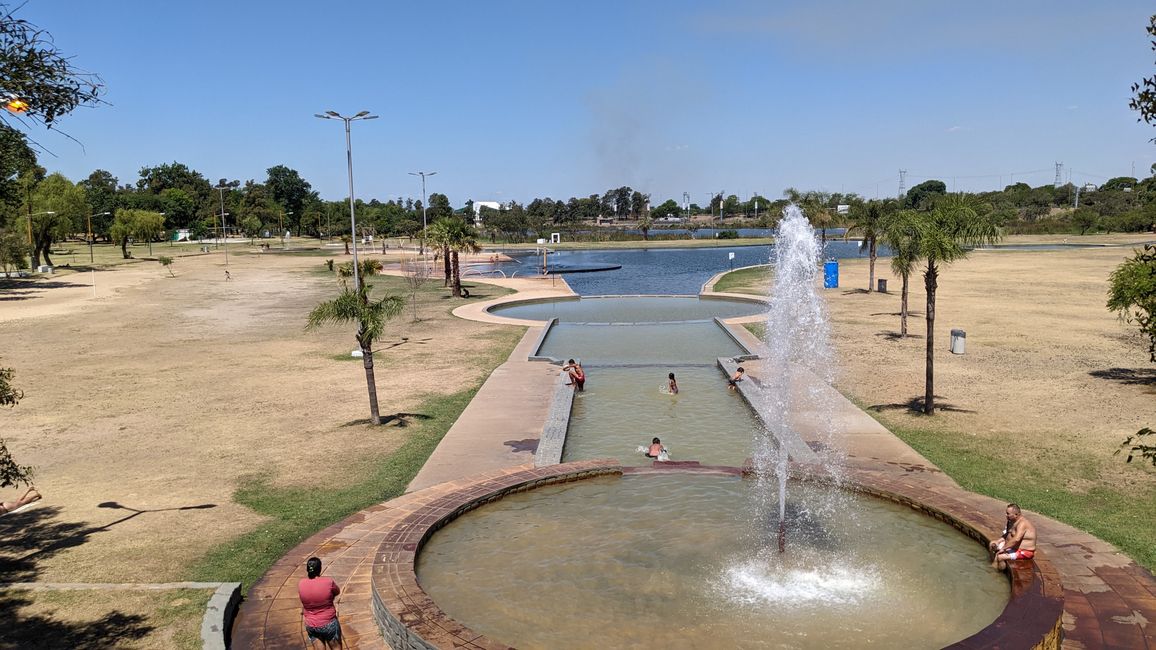
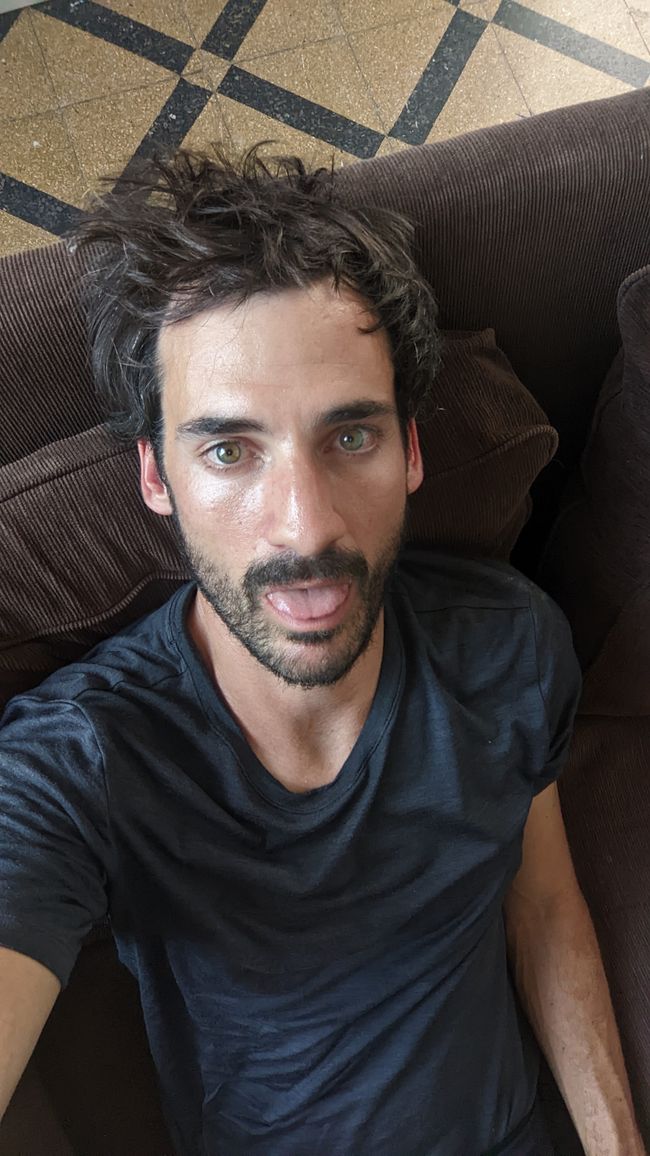
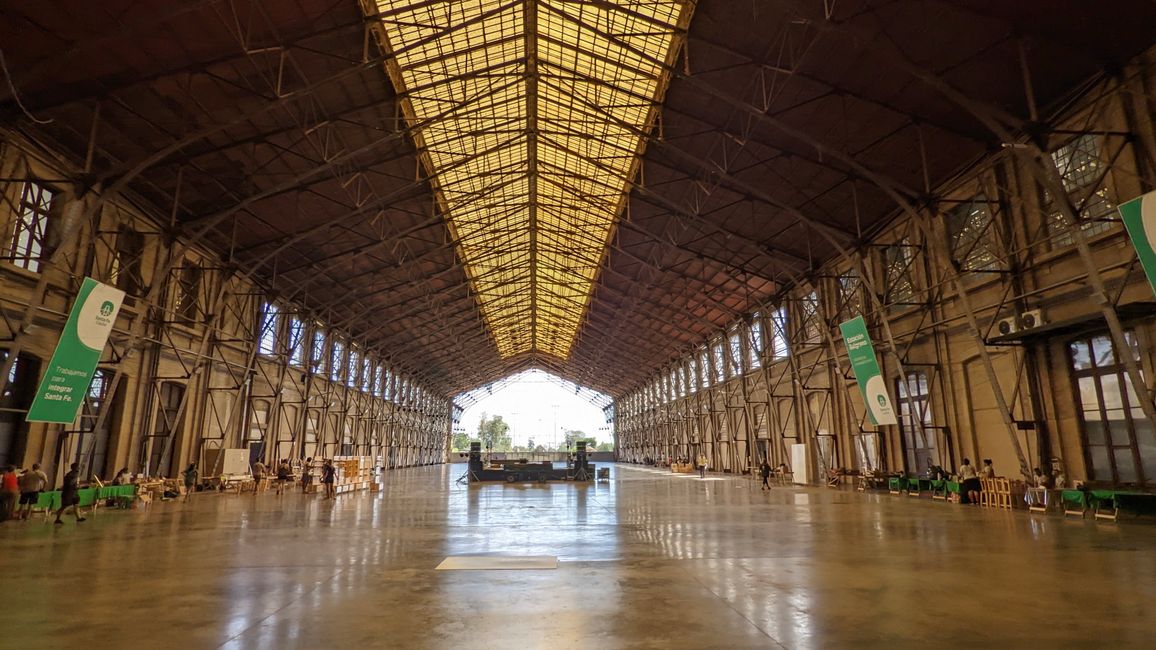
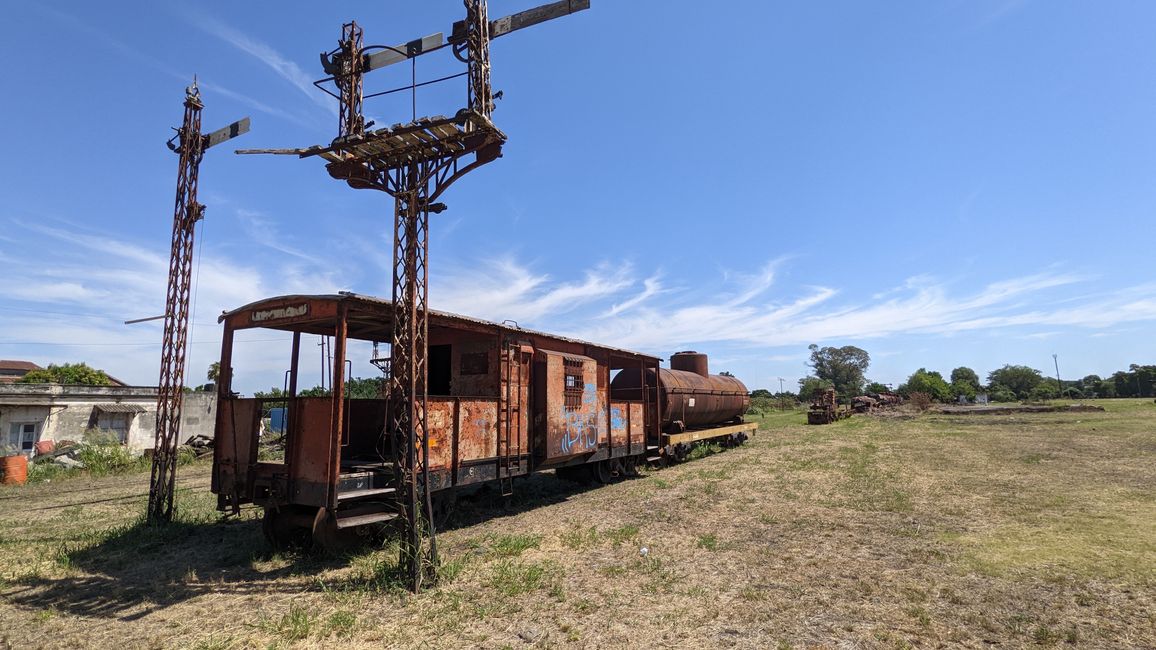

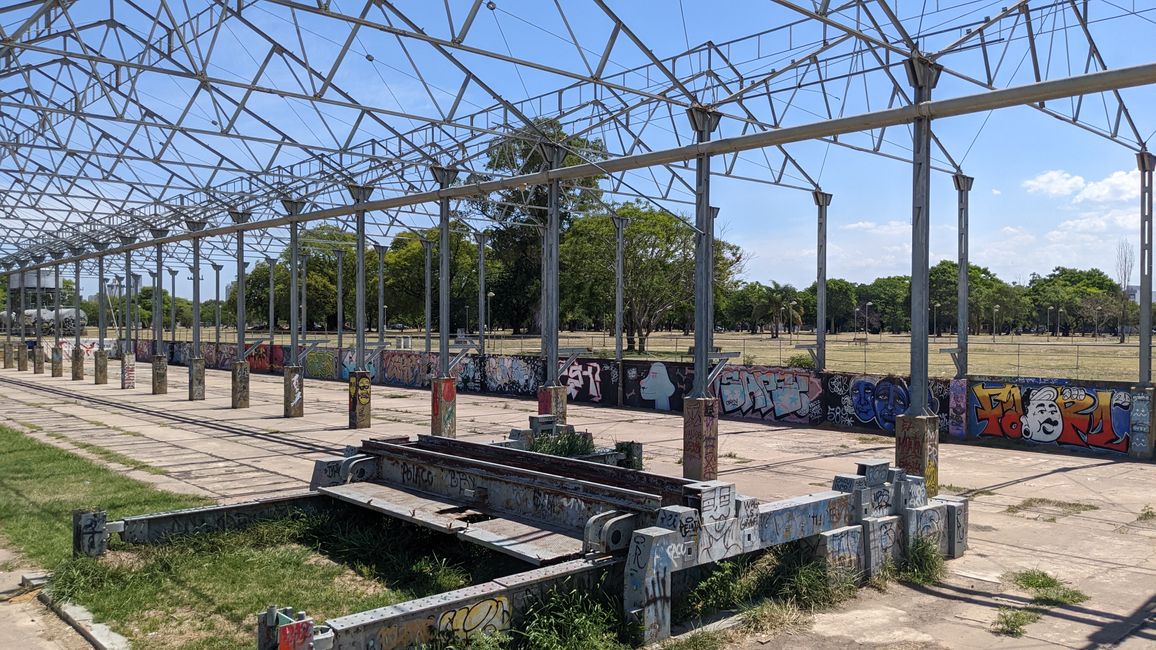
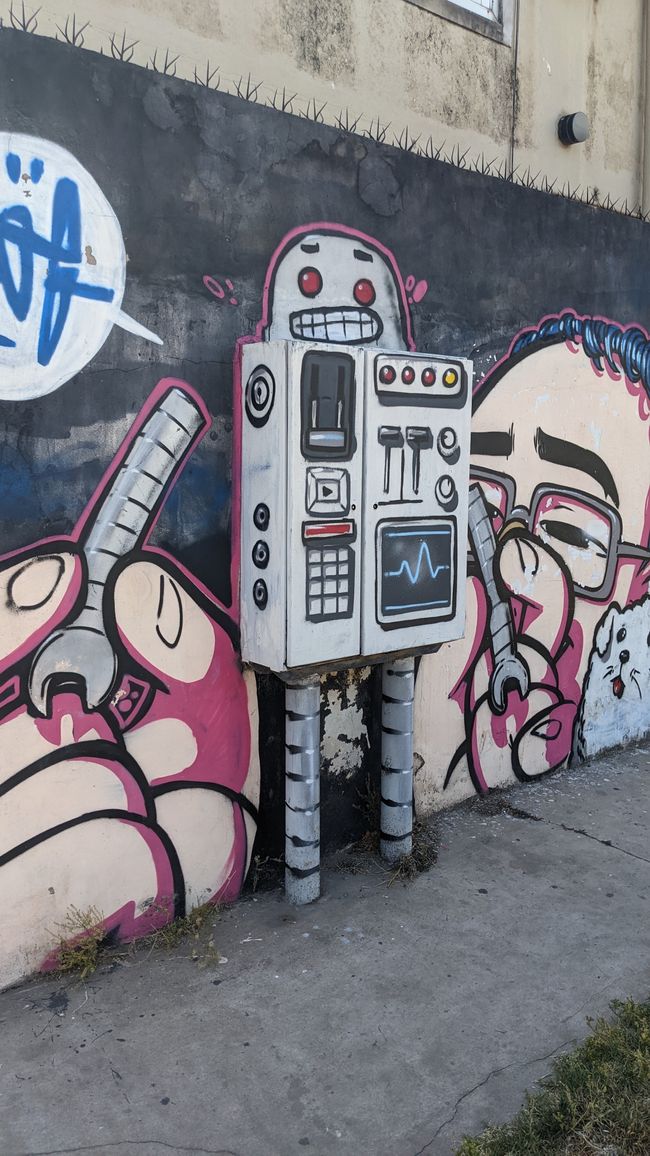
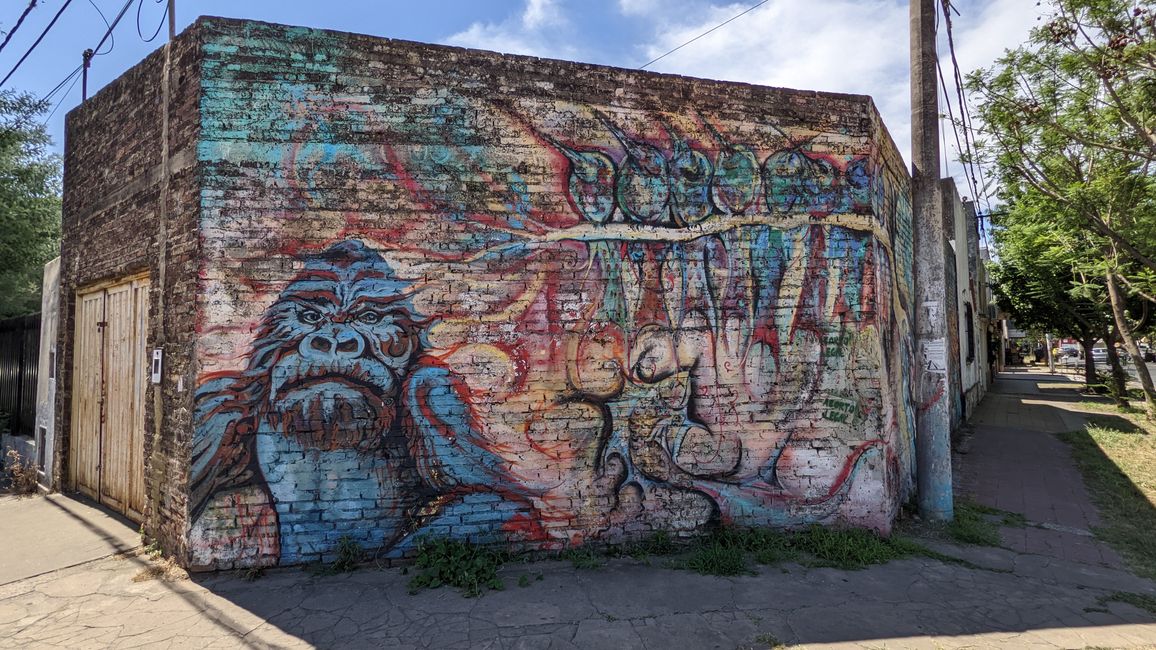
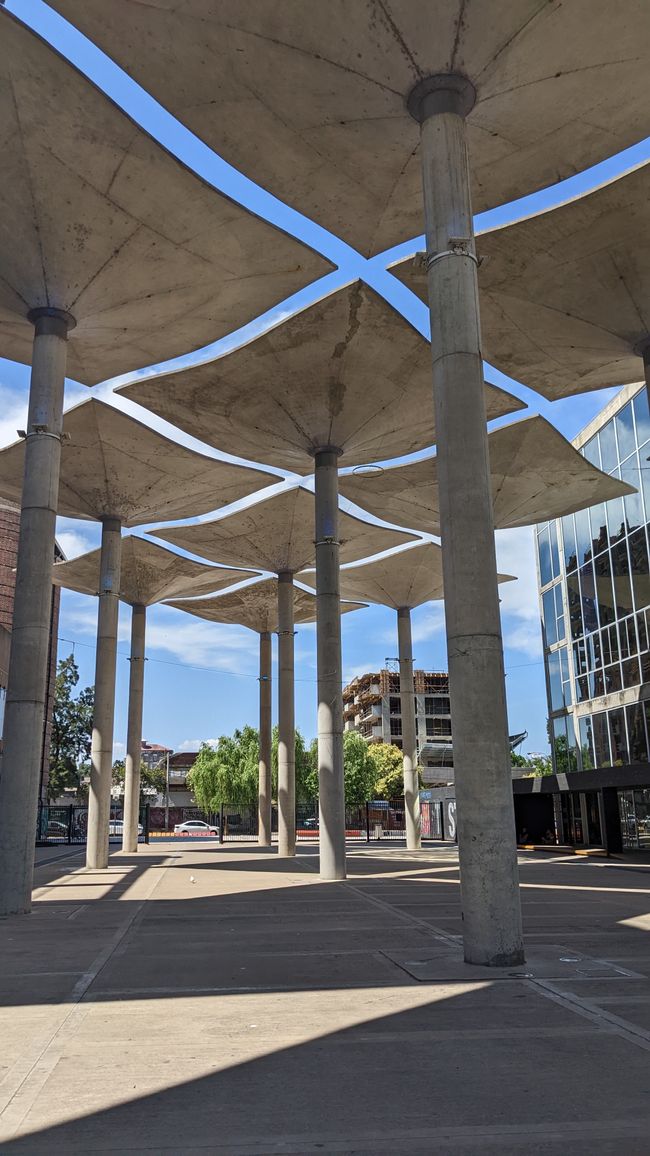
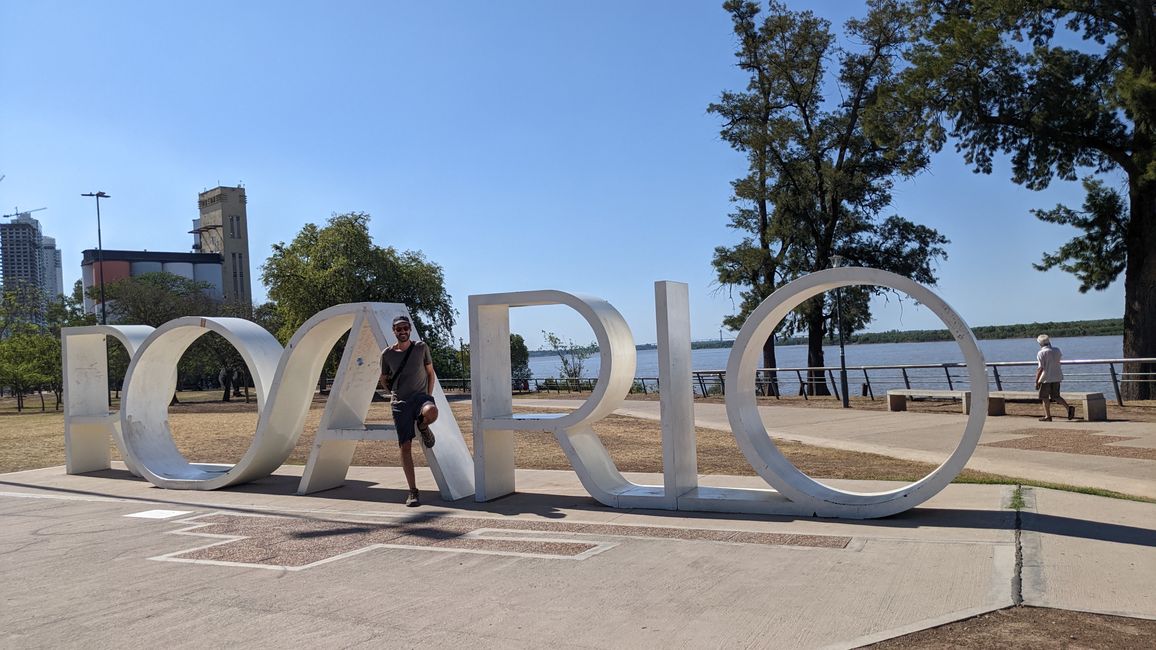
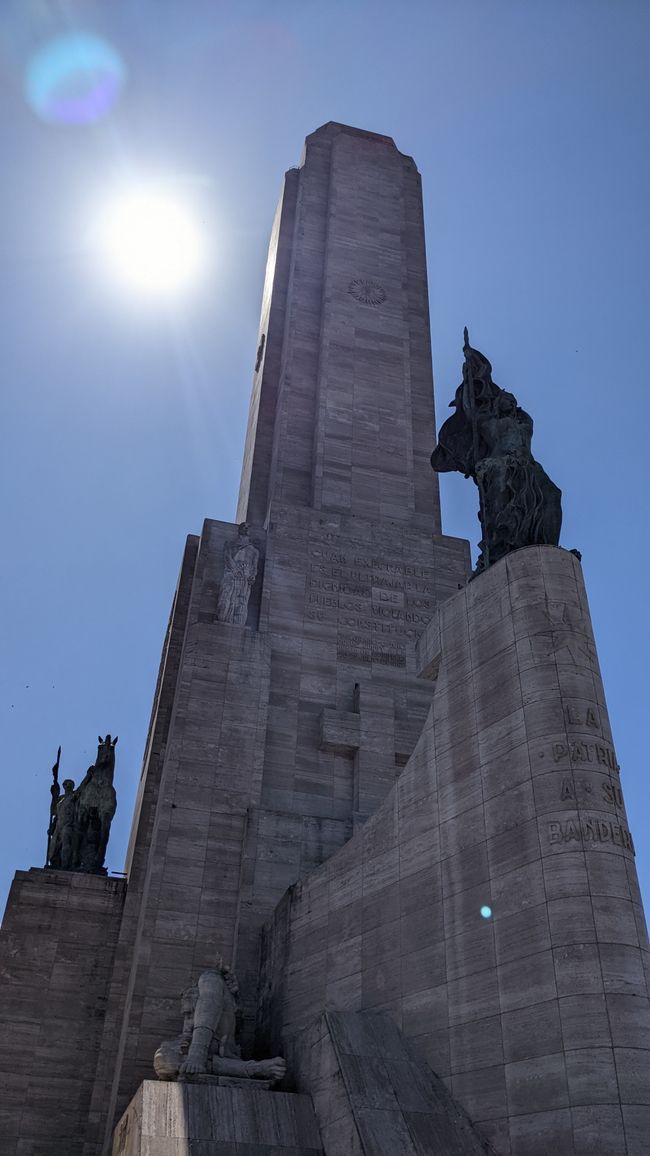
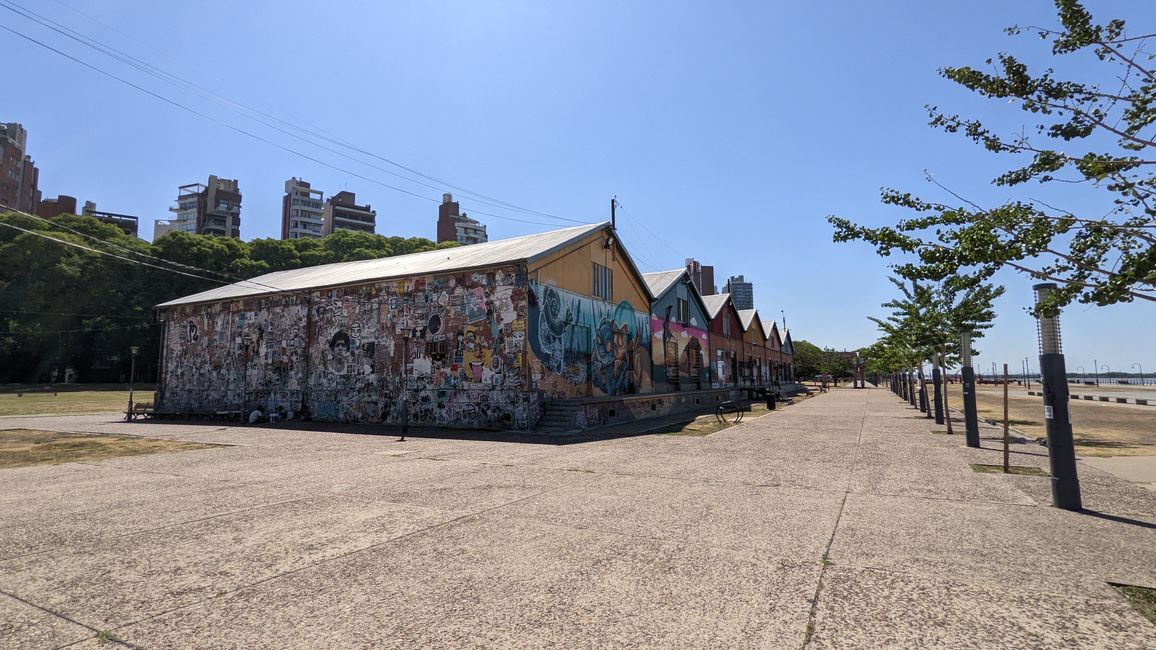
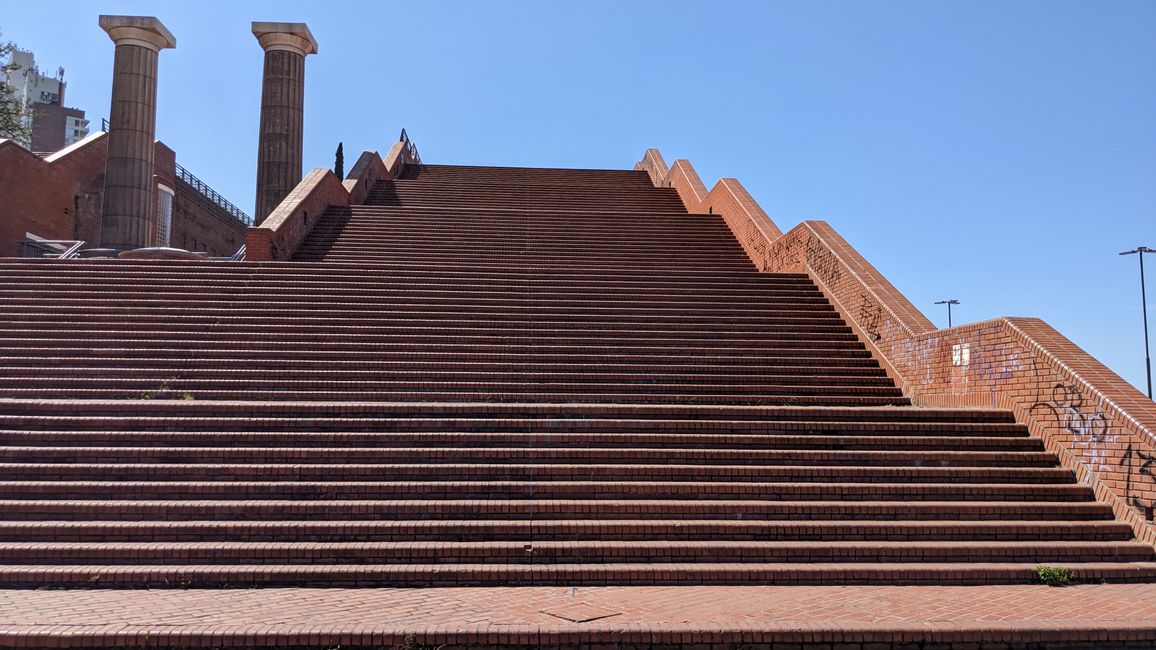
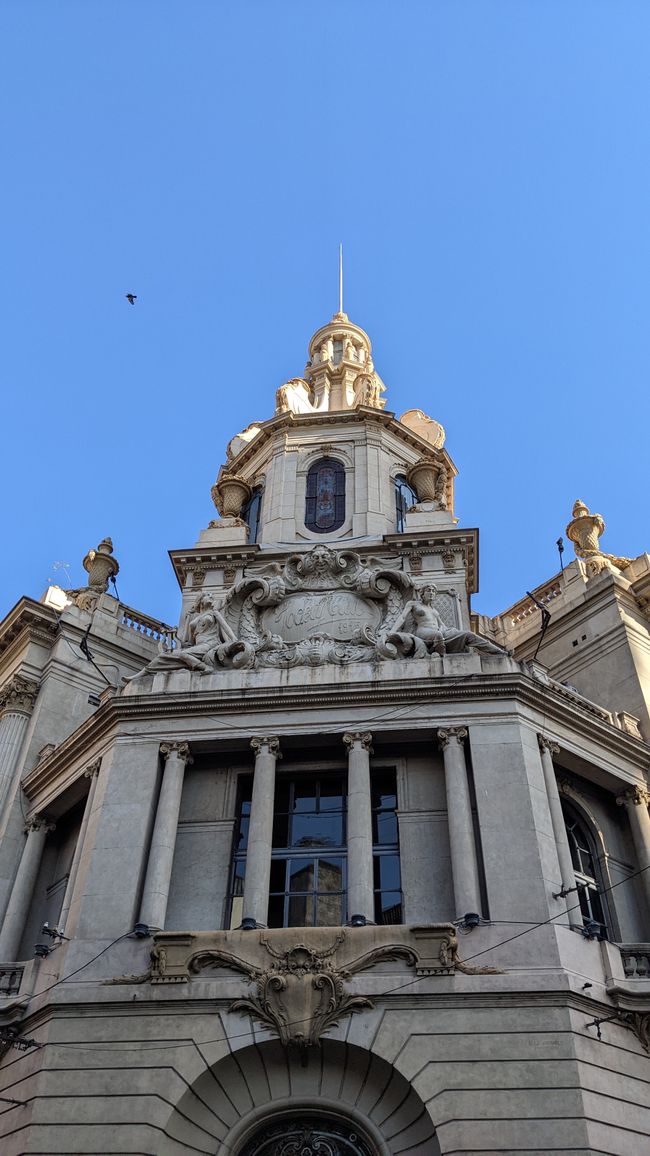
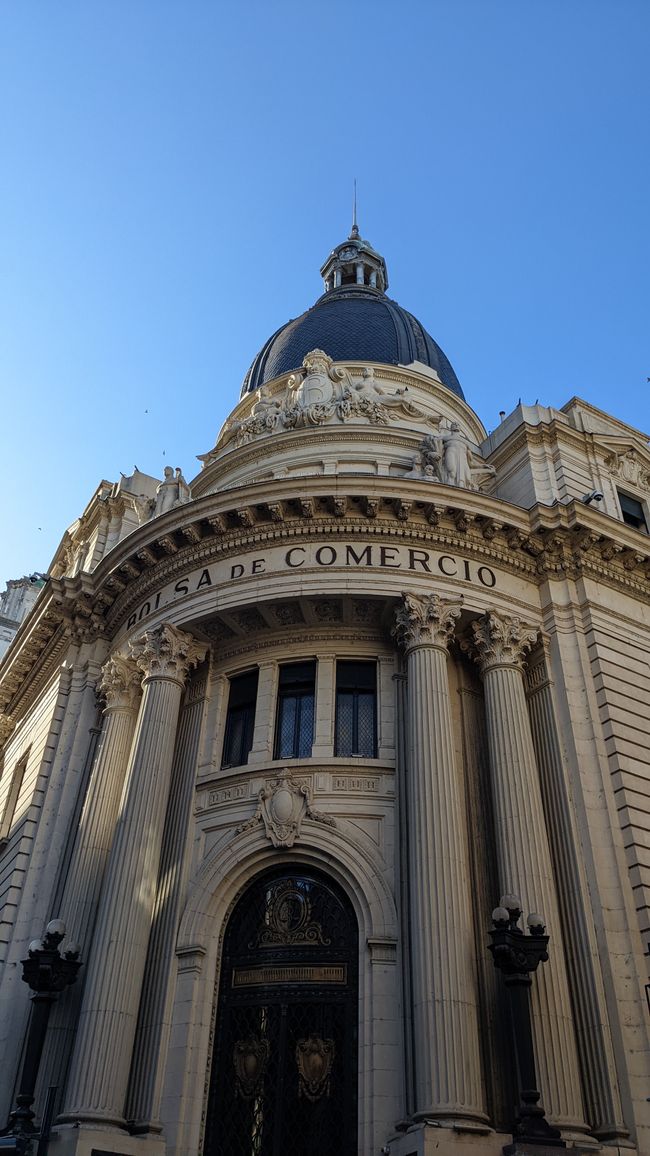
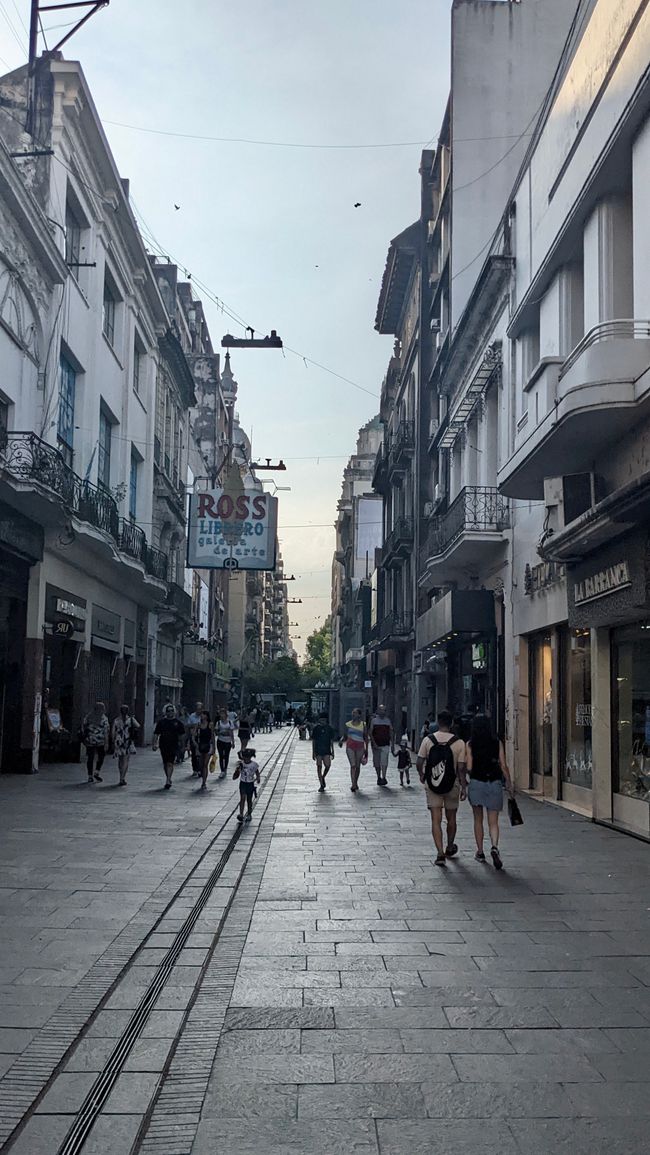
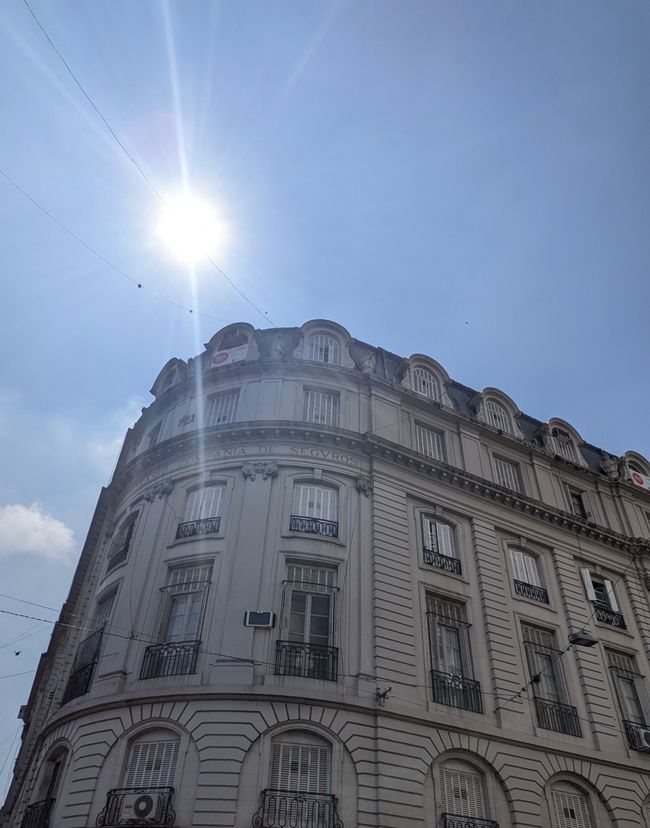
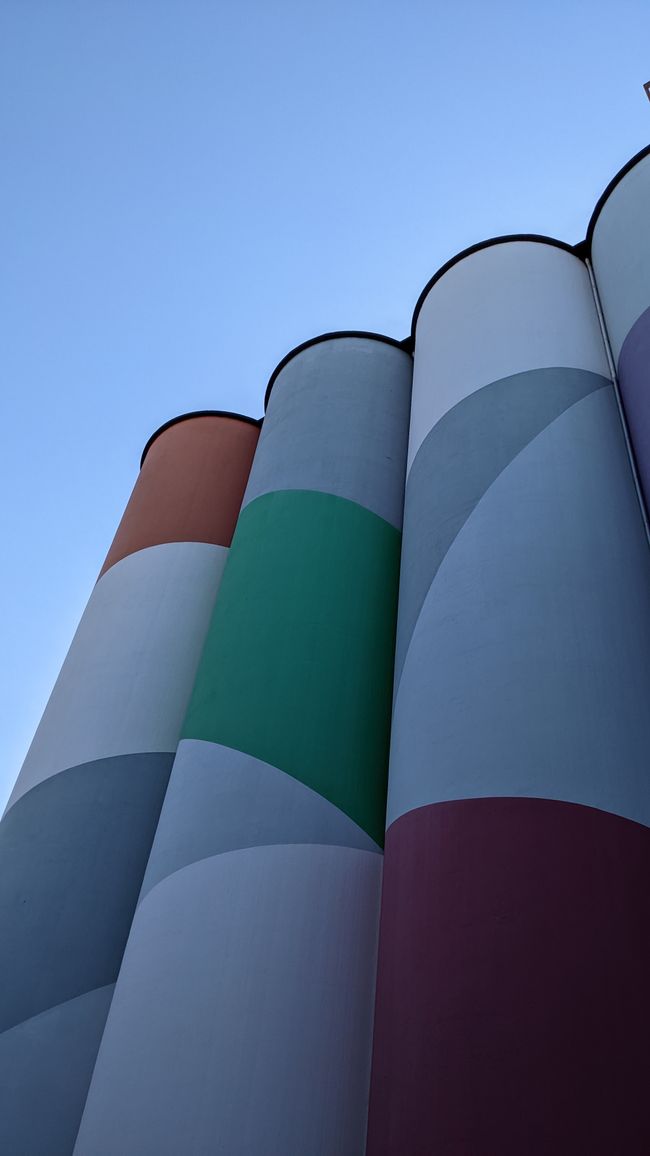
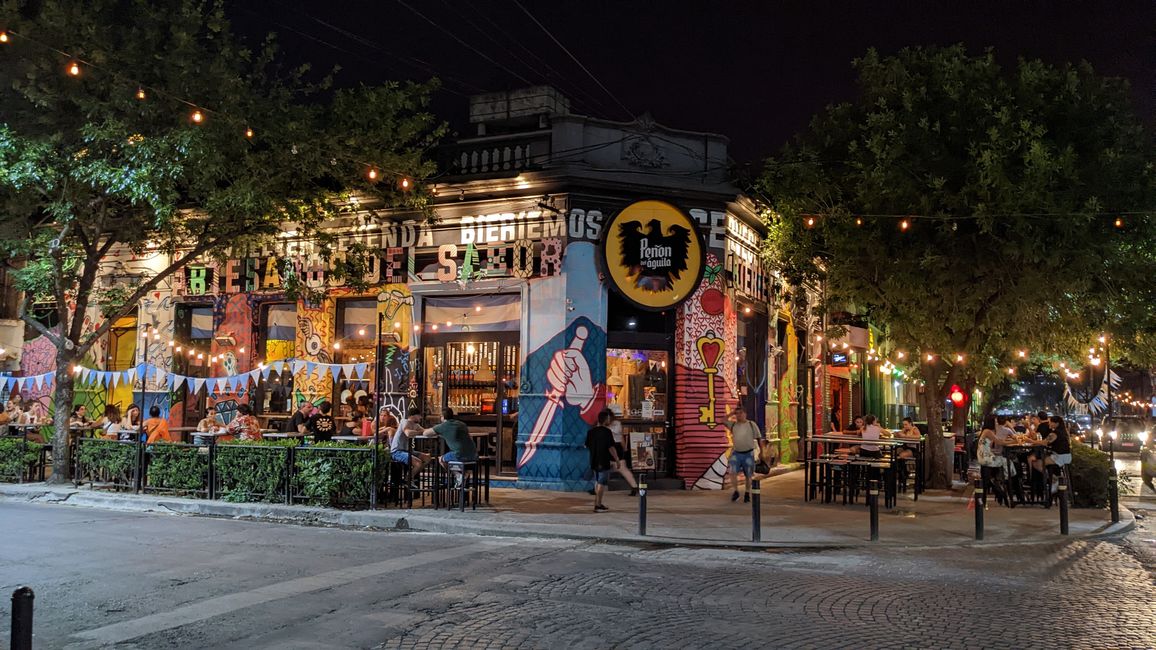
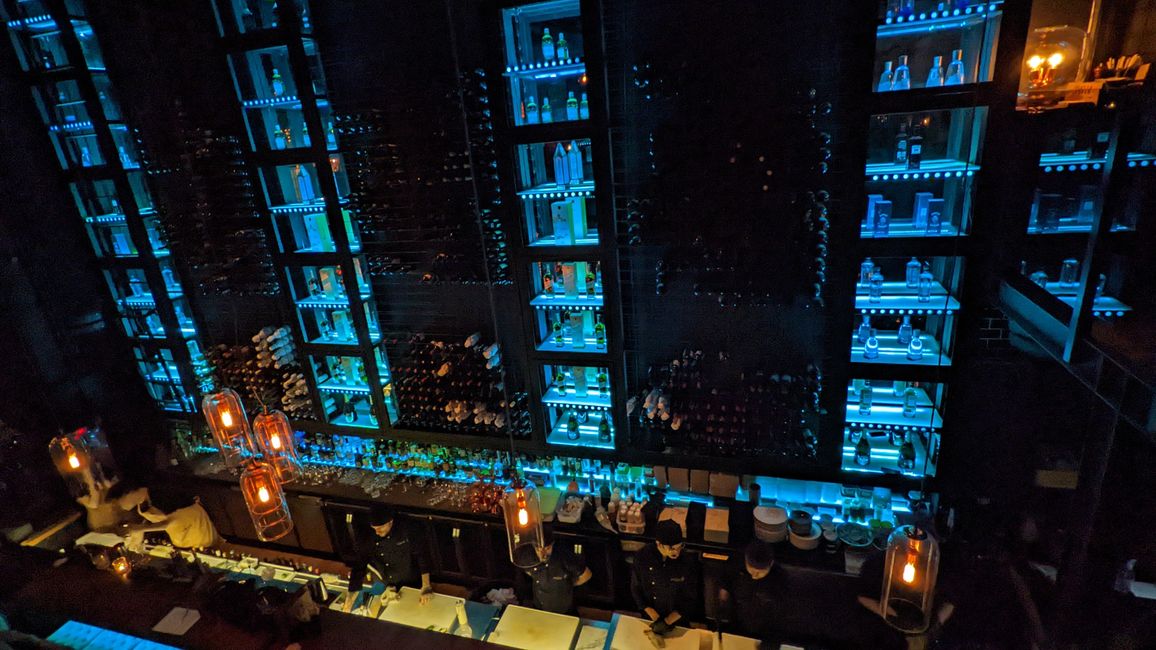
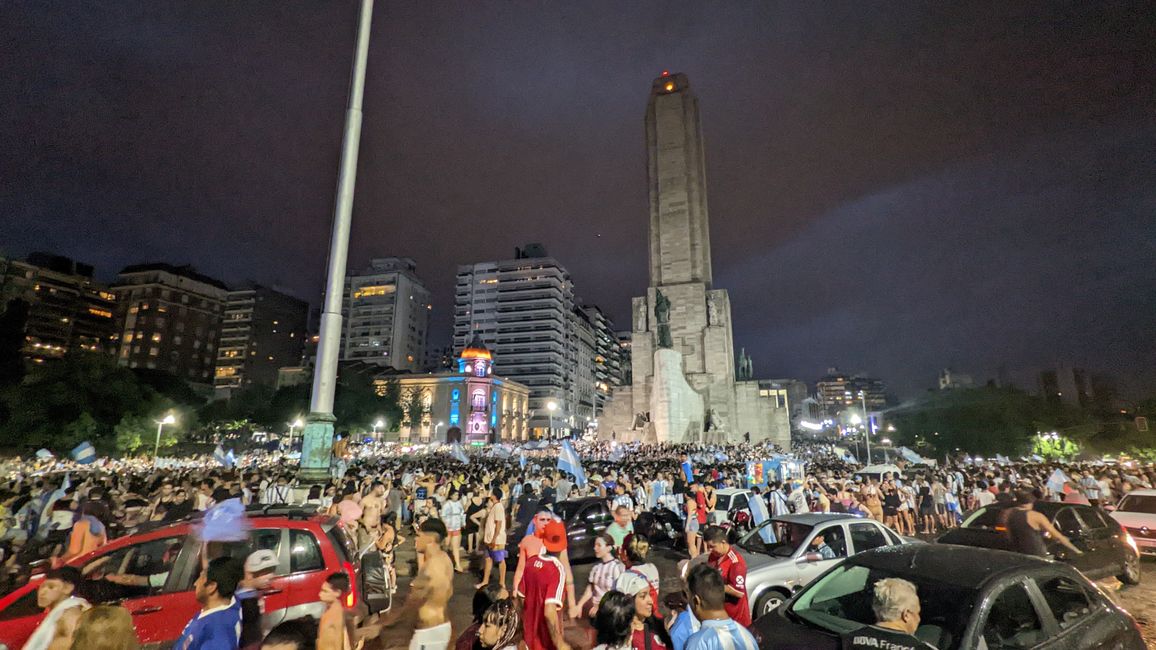
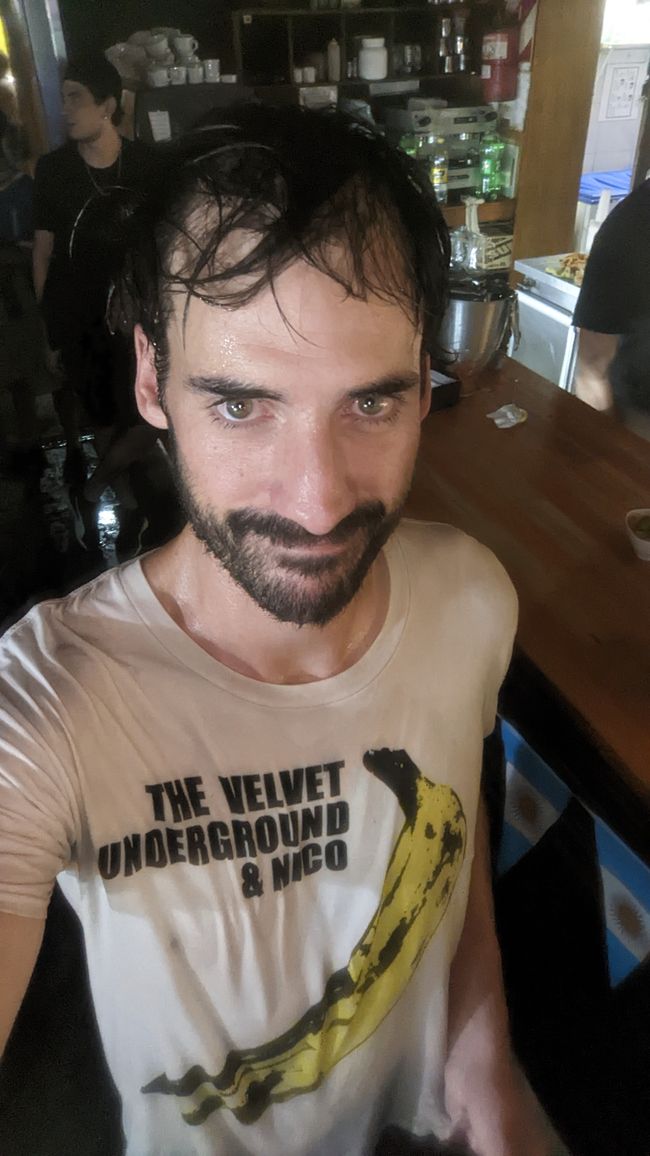
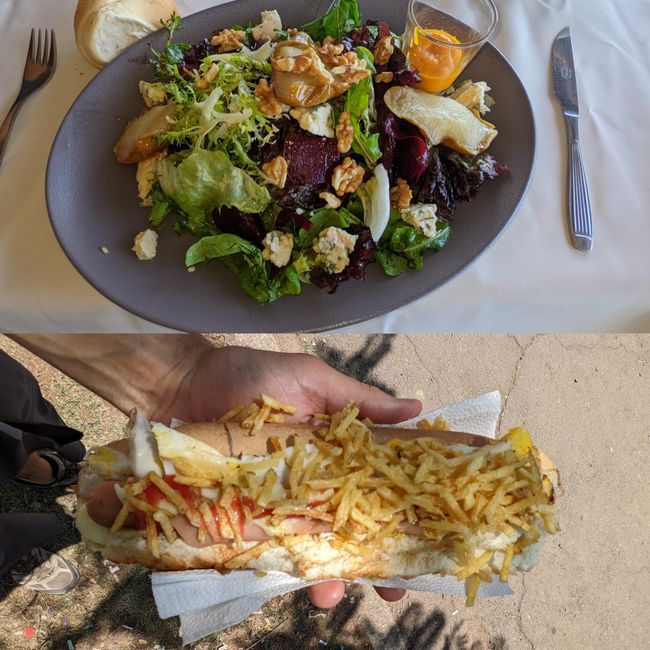
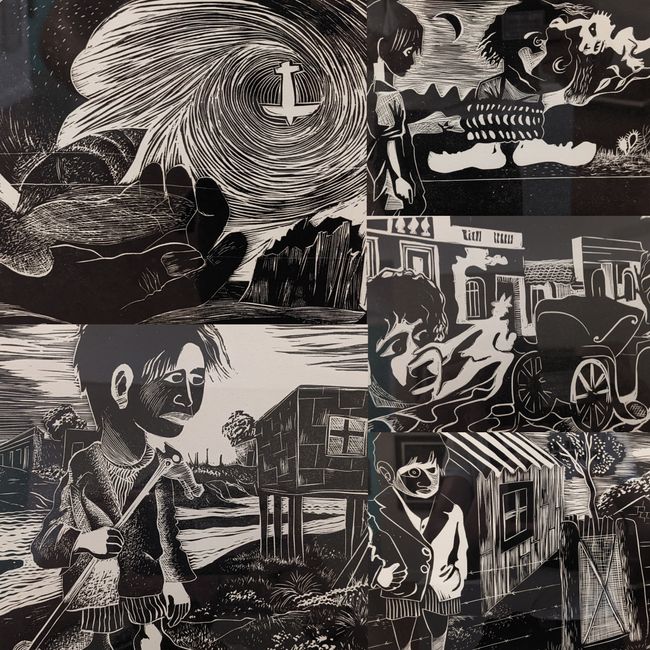
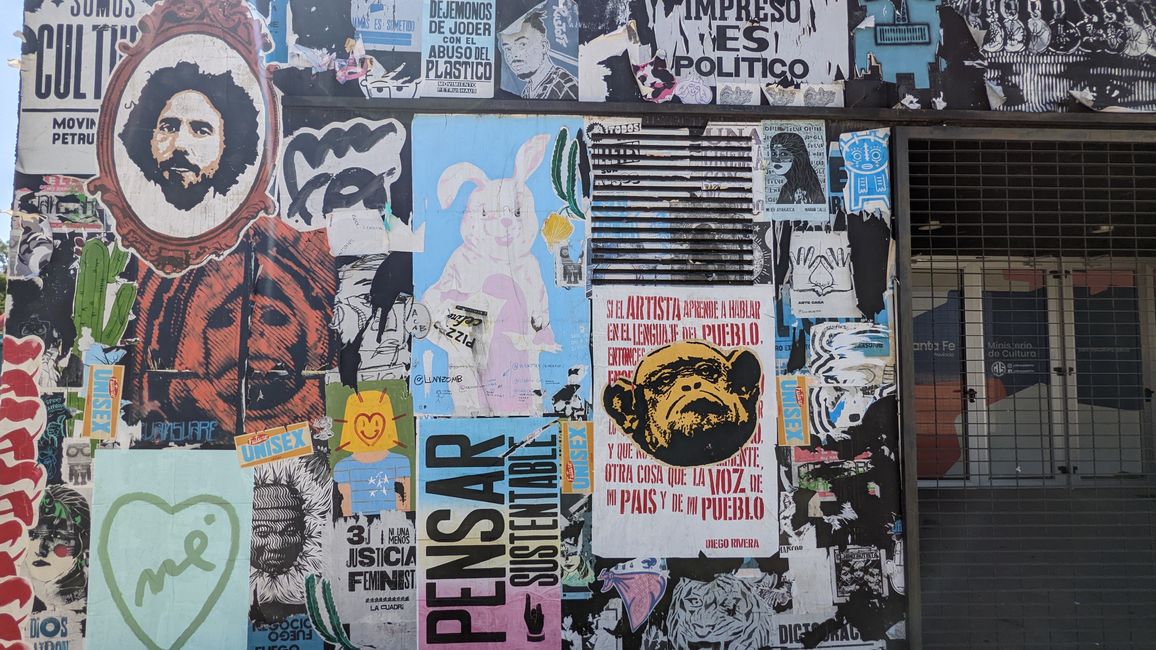
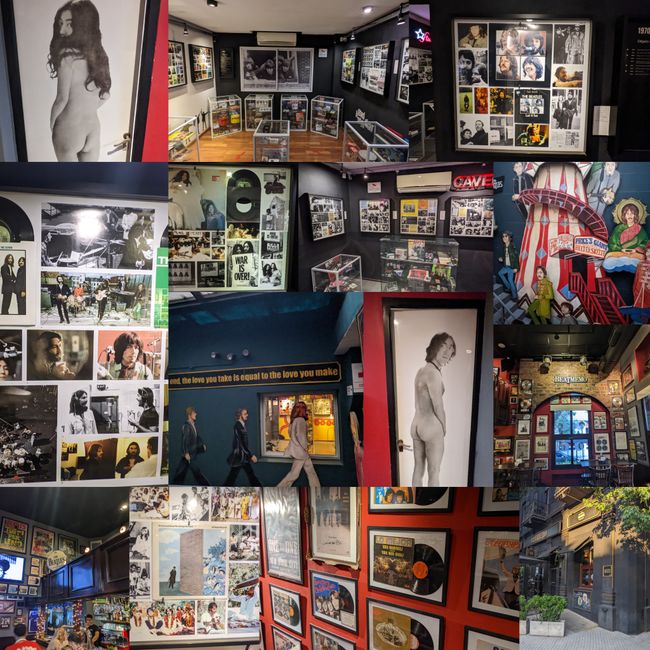
Subscribe to Newsletter
The Valley of Lamentation in a Sea of Flames
While Switzerland has temporarily transformed into a small winter wonderland, there have been days here recently when it became unbelievably oppressively hot (in summer, temperatures allegedly climb to over 45 degrees Celsius!!). The temperatures generally ranged between 34-40 degrees Celsius (feeling even hotter), and even at night, it rarely dropped below 25 degrees Celsius. If a wind also joined in, one could almost imagine being in a huge circulating oven. People with some common sense would probably refrain from undertaking long walks through the city under these conditions. But of course not so Mister (I-must-explore-everything)-Thickhead, who apparently always manages to defy even the most adverse circumstances (= enveloped, walking for miles in a slowly simmering sweat-sunscreen sauce...hmm probably just enjoying a little stroll...). Now seriously, the oppressive heat really took a toll on me. Besides having trouble falling asleep, my sleep quality was also poor, which made me feel tired and sluggish during the day and occasionally irritable (even more than usual:)). As a result, my usually present enthusiasm for exploration has suffered somewhat. But more on that later...
Ibera National Park (December 1-3)
Since I didn't necessarily want to walk to the park located about 120 km north of Mercedes, I needed some kind of transportation to get me there. Fortunately, the park is (still) not very touristy, so there are no daily buses going there, which gave me the brilliant idea to take a (not-so-cheap) taxi. The roughly 2.5-hour drive on mostly unpaved roads in an almost dilapidated Fred-Flintstone-like car was quite adventurous. Honestly, I don't know exactly what would have happened if the old clunker (on a barely traveled gravel road in the middle of nowhere at around 40 degrees Celsius) had actually quit on me. Well, I barely survived and was rewarded with probably the most beautiful, spectacular, and diverse fauna (sorry jungle, you may still be slightly ahead in the animal count, but you are far behind in the accessibility score) in a unique landscape setting. Wherever you looked, there were always reptiles (alligators, lizards), birds (in all imaginable colors and shapes), or strange creatures (e.g., the capybara, which prefers to roam in water/mud = moderately a(ttra)ctive giant guinea pig). In short, it's simply paradise for a nature and animal lover like me (but just take a look at the pictures...)
Corrientes (350,000 population)
(December 3-5)
The journey back to Mercedes (from there, I continued by bus to Corrientes, about 200 km northwest) was no less adventurous. I was kindly allowed to ride in the jeep of a cuddly-freshly-in-love couple for free. Riding along was of course very convenient, but the thing with being in love was less so. Because Romeo paid much more attention to Juliet than to the road (= constant eye contact, constant holding hands, teenage giggles [the people were around 50 years old]... *nauseating*...), although the latter would have been necessary. Since he was also driving at breakneck speed, it happened as it had to happen. Romeo overlooked a small group of capybaras that wanted to cross the road and more or less crashed into them (or ran over them...). Although he briefly stopped and looked back (all we saw was a cloud of dust), I still don't know to this day if he hit one (or more) of them. Of course, it never occurred to him to turn back and check... What a jerk!!!
Well, but what is there to tell about Corrientes? The city is located on the approximately 4,880 km long Paraná River (which I have already encountered at the Iguazu Falls, in Posadas, and later in Santa Fe and Rosario). While it had a few nice cafes/bars/restaurants and a nice cathedral in the city center, there were no classic sights in the narrow sense. The truly noteworthy thing was the vibrant life, which mainly took place in the evenings on the costanera (riverside promenade). Whether young or old, with or without mate tea (THE national drink in Argentina), doing sports or just chilling, somehow the entire riverside promenade seemed to be "the place to be". And when Argentina eventually won the World Cup match against Australia, the people of Corrientes (or something like that) couldn't be stopped. Thousands of people gathered on the coastal road, dancing, singing, drinking, and celebrating as if there was no tomorrow-que maravilloso :):)!!
Santa Fe (401,500 population)
(December 6-7)
Although the city center appeared lively with numerous cafes/bars and a more or less inviting shopping street, and there were actually a few buildings and museums (although several of them were closed) that were worth seeing, certain neighborhoods gave me the impression of being the last survivor in a post-apocalyptic ghost town. Whether it was because of the buildings themselves (e.g., a train station unused for decades from supposedly better times, including overgrown tracks, stops, and train cars), the sometimes very deserted areas, or simply the scorching heat (which may have impaired my judgment slightly), I don't know... As I mentioned at the beginning, the heat in the last two weeks (now it's getting slightly better) became so unbearable at times that the desire (or ability) to do anything (purposefully) was almost non-existent. When I was out and about, it often came down to trying to get back to the nearest air-conditioned building as soon as possible.
Rosario (1.39 million population)
(December 8-11)
In addition to a pretty good soccer player (Lionel Messi was born here), Rosario has also produced a fairly famous revolutionary leader (Che Guevara was also born here). While the city is mainly known as the birthplace of the Argentine flag (the Argentine flag was first raised here), Rosario is also economically significant for the country (70% of Argentina's grain production is exported through its port, in sometimes gigantic ships). The city is somehow ugly (numerous terrible new buildings) and beautiful (wonderful colonial buildings, churches, numerous islands in the Paraná River for recreational purposes) at the same time, and it has an exciting and very varied nightlife (see e.g., Beatles Bar) and some excellent restaurants to offer. That doesn't sound too bad at all, does it... But honestly, after the third big city in a row, I gradually felt a certain city fatigue (especially with the temperatures..). Nevertheless, I explored the city as much as possible (many places were closed because it was the weekend and a holiday), and I probably even had the opportunity to experience one of the biggest public festivals of the year (incredible atmosphere with thousands of people celebrating on the streets after the Argentina-Holland match, while a storm swept over the city!!)... CRAZY!! But yes, I'm starting to long for more tranquility in nature.
By the way, since Monday I've been in the wonderful city of Córdoba (another city :)) and will probably stay there until tomorrow. Fortunately, the temperatures are somewhat milder here. I met two Italians in Rosario and came here with them. Let's see how things develop...
PS: I'll write about Cordoba in the next post...
Subscribe to Newsletter
Freagairt
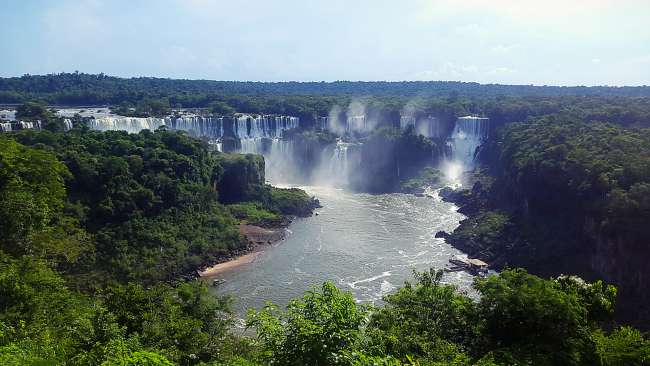
Aithisgean siubhail Argentina
